by
ANDREW DARLINGTON
Review of:
‘PHANTASMAGORIA MAGAZINE
SPECIAL EDITION SERIES no.7 PRESENTS
‘FANTASY TALES: 45th ANNIVERSARY TRIBUTE!’
Editor: Trevor Kennedy.
Editorial Consultants: Stephen Jones & David A Sutton
December 2022 by TK Pulp, 364pp, ISBN 9798366-681926
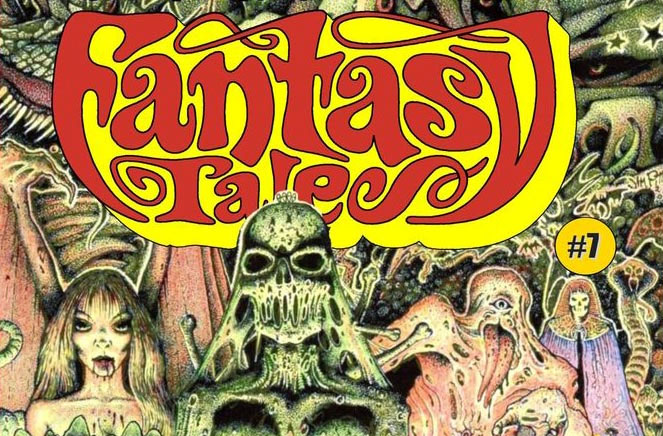
Spidery red lettering on a yellow shield background form the distinctive ‘Fantasy Tales’ cover logo. There were twenty-four issues strung out between Summer 1977 to Winter 1991, and just leafing through this hefty anthology is ‘sensing the folds of history gathered about the place,’ as with the character in the Adrian Cole story. The first half of the seventies formed a strange interregnum in British SF & Fantasy publishing. The titles that had defined the two previous decades had disappeared, and publishers were thrashing about in their attempts to devise a new viable format. David A Sutton sets the scene in his splendid essay ‘A Short History Of British Horror & Fantasy Fanzines (1970-1979)’ recalling the names of many neglected and sometimes short-lived projects that preceded ‘Fantasy Tales’, most notably ‘Shadow’ and ‘Dark Horizons’, but also taking in ‘Arc’ with its broader scope of fantasy-related themes, as well as Dave Britton’s off-trail ‘Crucified Toad’ with its Jim Cawthorn art, Jon M Harvey’s ‘Balthus’ with Jim Pitts gargoyle cover art and the lavish ‘Anduril: Magazine Of Fantasy’ ‘one of the finest looking small press magazines that has ever been published in Britain.’ All of them had their own quirky uniqueness, I remember each of them with a varying sense of affectionate nostalgia. But after delving into this rich anthology, that ‘Fantasy Tales’ raised the bar must be a truth universally acknowledged.
Here there be ‘forgotten lands of time-lost lore’ as in Brian Lumley’s acrostic poem that spells out the magazine title (in issue no.3). Early in the anthology there’s a reproduction launch-flier announcing the first issue, spelling out the magazine’s concise manifesto that ‘it’s aim is to recreate the looks and entertainment value of the pulp magazines of the 1930s and forties.’ With dramatic Jim Pitts cover-art, that first issue includes adverts for ‘The British Fantasy Society’, for the Harlesden ‘Fantasy Centre’ bookshop, for the ‘Spectre Press’ edition of Adrian Cole’s ‘The Coming Of The Voidal’ and for the second issue of ‘Phantasy Digest.’ And the advertising pages and box-fillers will continue to add teasing time-tasters in constellations of lost worlds. But fictionwise, the lead story – ‘Naked As A Sword’ by Ken Bulmer is an early Game of Thrones. Poet Steve Sneyd’s post-apocalypse ‘Milk Of Kindness’ has Draco Fern-owl discovering the still-living body of a female vampire in the radiation-glow ruins of the Before. While ‘The Stone Thing’ is a self-satirising humour piece by Michael Moorcock (first published in ‘Troide’ October 1974) in which the creator of ‘Elric’ sends up all the clichés that served him so well in his own swords-&-sorcery sagas. The story itself was lavishly illustrated by Russ Nicholson, and is also the first piece of fiction to be reclaimed for this anthology. After all, Moorcock is an attention-grabbing name to blurb across the magazine-cover, and also for the credits listed on the anthology back-page, for even light throwaway tongue-in-cheek Moorcock is collectable.
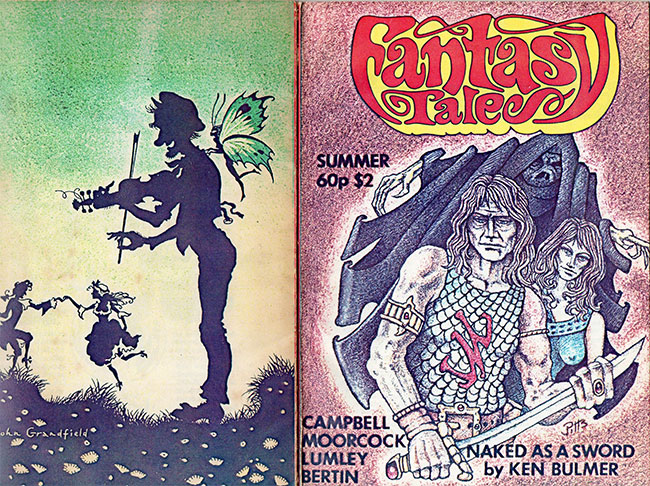
Using the old ‘Weird Tales’ magazine as a template, editor and co-creator Stephen Jones explains how the early issues were literally cut-&-paste jobs, laying-out little pieces of cut-up paper with pungent tubes of Uhu glue, on his Mother’s kitchen table. He happened to be working in a Soho TV-&-video company which allowed him sufficient downtime to furtively take advantage of their IBM Selectric golfball typewriters, with their facility for bold, italic, variable fonts and font-sizes.
Adrian Cole’s ‘Scars’, is lifted from the second issue, and has an unsettling atmospheric ‘The Wicker Man’ feel, as Daniel visits girlfriend Vivienne’s home village of Puddlebarrow in the heart of rural Dorset, only to discover themselves becoming part of an ancient pagan festival commemorating the burning of Satanist Thomas Carston. There’s a slight temporal anomaly here when it refers to the time of Cromwell’s execution – Tudor statesman Thomas Cromwell was beheaded in 1540, but Oliver Cromwell died in his sickbed in 1658. Unless it refers to the Lord Protector’s subsequent exhumation and posthumous execution in 1661? Nevertheless, the tension builds as Vi is marked as one of the three intended victims of Carston’s curse. Daniel succeeds in smuggling Vi out of the village to the safety of his aunt’s home in Yeovil, but – as is the way with demonic curses, he becomes its casualty in her place.
‘The Story Of The Brown Man’ by Darrell Schweitzer, with its charmingly ornate frontpiece-art by Randy Broecker, is an elegiac last summer of childhood story taken from issue no.6. It steps back into the mythological realm once populated for ‘Science Fantasy’ magazine by the wonderful Thomas Burnett Swann. The Brown Man – ‘my people have no names,’ is a part-human part-goat faun, akin to the Greek satyr, who a bored Roman boy meets and befriends in an overgrown graveyard close by the estate of his Uncle Septimius, five days journey from Naples. He accepts the magical transfigurations and the flight to the gods that the Brown Man gifts him just as he accepts eunuch tutors and slaves. In a beautifully evocative paean to ‘wondrous dreams’ he witnesses the twilight of the old gods in the advent of the new monotheistic religion of the cross. ‘I remember it (‘Fantasy Tales’) very fondly’ recalls Darrell, ‘and was proud to be a part of it.’
Peter Tremayne (alias of Peter Berresford Ellis) appears with ‘Reflections On A Dark Eye’ from no.7 – with a reference to the Woolworth’s store to provide indication that the issue is now over forty years in the past. At the time, advances in transplant surgery provided a rash of stories and slasher-movies concerning past-life memories retained by transplanted body-parts. In Tremayne’s clever variant on the theme John’s cornea grafts lead to a series of vivid images of dreary 1930s tenement houses where cornea-donor Laszlo Szyrmy had murdered his prostitute girlfriend – she ‘aspired to membership of the world’s oldest profession’ as he phrases it, and leaves John with the malignant compulsion to butcher his unfaithful wife with the bread knife.
Leaping ahead to no.9, Thomas Ligotti’s ‘The Frolic’ features disenchanted prison psychologist Dr David Munck unsettled by his interviews with a child-killer known only as Joe Doe. The nuanced story is told through a static marital conversation with Munck’s wife Leslie, who also has her reasons for wanting to leave their affluent lifestyle in Nolgate. Concepts of good and evil, truth and beauty collide when Doe – who poetically refers to his atrocities as ‘frolicking’, is seen to be an artist of genius responsible for sculpting the head of one of his child victims. Then their daughter, Norleen, is snatched from her bedroom, leaving only a note signed ‘Jonathan Doe’.
Brian Lumley’s ‘The Strange Years’, with creepy bug-art by Dave Carson, is also taken from issue no.9. and is a startlingly good chronology of then-future disasters to afflict not only human life on the planet but a series of extinction-level events as Gaia strikes back. The last man lies face-down on the primal beach, reading a narrative he has written, telling about the 1976 drought, Ukrainian eco-disaster in 1977, oil slicks, locusts, a rampant mutant strain of beriberi, the Mediterranean draining away, a Martian space-bug, meteoric debris and new killer-cancers. Finally, into the 1990s, there’s a plague of hallucinogenic chameleon super-lice, until ‘three hairy sacks with pincer feet, big as footballs almost, and heavy with his blood, crawled slowly away from him along the beach….’ Yet despite Brian’s direst prognostications we still survive to be both chilled and amused by his story all over again in its new incarnation.
Swords & Sorcery was a continuity from the launch issue, and ‘At The Mouth Of Time’ by Joe R Lansdale – from no.11, opens with the traditional tavern brawl provoked by the beautiful girl. But the rakish Gobel is not the regular hero, a rather foppish swordsman adventure beguiled into a problem ‘as mind-boggling as the laces on a courtesan’s corset,’ when he journeys to supposedly liberate a prince trapped in the phallic Tower of Time, only to discover that the supposed bad-guy Merlyn stands between continuums against the encroachment of the Elder Dark ‘gods that Gobel disbelieved in.’ It’s a slick well-told tale that promises more adventures to come.
‘The Generation Waltz’ by Charles L Grant – from no.13, is a more sensitive conversation piece with the Logan family gathered as deceased Grandmother ‘Gram’ lies in her coffin on a bier in the living room, they’re haunted by guilt, recriminations and memories, the rain falls, Gram’s ‘favourite’ grandchild Sean had been a child-killer shot to death by the police, yet he visits her.
Ramsey Campbell was a prolific contributor, with nine appearances. Chosen for the anthology, ‘The Sneering’, taken from no.14, is a hard urban study trapped in the harsh orange streetlight-glow of a hostile city wasteland. It effectively demonstrates that the greatest horror is not zombies, vampires or were-beasts, the greater horror is that we who were once young grow to become old, our faculties crumble, and this world is longer ours. A childless couple, Jack’s wife Emily has Alzheimers, they struggle to survive amid regret and remorse, the hostile subway’s threat, speeding traffic and the feral council estate kids. In a related interview he reveals that the story ‘was suggested by the construction of the Liverpool end of the M62 in the midst of a suburb, and by thoughts of how this might affect residents.’
David A Riley’s ‘After Nightfall’ – from no.15, adopts an effectively formal prose-style in order the capture the genuinely Lovecraftian horror of antiquarian Elliot Wilderman trapped in the isolated village of Heron where the locals lock and bolt their doors at dusk for fear of the bestial creatures that emerge from the wood. Also from no.15 Samantha Lee’s brief Bebop flash-fiction ‘Take Five’ finds a jazzman who thinks he’s in heaven – only to discover that’s he’s in hell. Originally a spoken-word piece broadcast on Capitol Radio – read by Valentine Dyall, at just a thousand words it ‘also fit the page of ‘Fantasy Tales’.’ Dennis Etchison’s ‘The Olympic Runner’ is from no.16, a sensitive enigmatic post-divorce mother (Casey) -daughter (bratty Lori) bonding car journey set around the time of the 1984 Los Angeles Olympics. Then Richard Christian Matheson’s brief tragic child-death ‘Red’ from the same issue.
With the title relaunched in a paperback format through a new publishing hook-up with Robinson, David J Schow’s ‘The Embracing’ was in the third issue of the reconfigured series. ‘The change from ‘semi-’ to ‘pro-’ came with a small price tag’ as GW Thomas points out in his feature, ‘fewer Sword & Sorcery and more a focus on horror,’ and this gratuitous ‘Splatterpunk’ exercise is a case in point. Tillyard and Althea, art-rebels who defy the regime of Adjudicators and their mutant Stockboy enforcers, are drugged and cast into the monster-infested labyrinth where their fight for survival reduces them to barbarism. The balance corrected in no.4 with Kim Newman’s clever fan-satire ‘The Man Who Collected Barker’, with a fanatical collector of cult fantasy finding space for knowing references to Arkham House titles and obscure writers Seabury Quinn, Arthur Leo Zagat and Otis Adelbert Kline before playful references to contemporary Ramsey Campbell and Clive Barker. Then Steve Rasnic Tem’s ‘In The Trees’ from no.4, in which climbing a tree becomes a thoughtful metaphor about a confident child exceeding the timidity of its parent.
The startling ‘Foreign Parts’ by Neil Gaiman, from no.6, has a disturbing Cronenberg body-horror quality in that its subject is a kind of venereal disease – NSU: Non-Specific Urethritis, visited upon solitary compulsive masturbator Simon Powers, despite his not having sex with anyone other than his own hand for three years. Open and painfully explicit it veers quite deliberately into the territory of the movie ‘Invasion Of The Body Snatchers’ (1956) as the infection takes him over, casting him into a new more decisive identity.
Kathryn Ptacek’s ‘Living To The End’ – with art by Peter Coleborn, is a morbid meditation on an old man’s hospitalised dying moments. While finally – also from no.7, Garry Kilworth’s ‘Island With The Stink Of Ghosts’ from his collection ‘In The Hollow Of The Deep-Sea Wave’ (1989, The Bodley Head), uses the idea of a floating island breaking away from its natural moorings off the Malaysian coast and drifting into shipping lanes, as a setting for Ralph Leeman’s haunted memories of his dead brother, and his guilt for allowing the importation of the heroin that killed him. The cemetery island’s shifting hallucinatory ‘sweet, cloying scent’ of putrefaction creates an atmospheric sense of unease.
Of course, this anthology simply dips into the extensive archive of stories. There’s a wealth of others. And as befits this magnificent anthology’s celebratory role as an ‘Anniversary Tribute’ there are also interviews with activists – not only David A Sutton and Stephen Jones, but Ramsey Campbell, David J Schow and Jim Pitts, art portfolios (Jim Pitts, David Lloyd, Dave Carson), period photographs and verse telling the magazine’s full eventful story. I only ever had a story in one issue of ‘Fantasy Tales’ – and it has not been selected for inclusion in this anthology, but I’m proud to be a part of the wonderful history of this magazine.
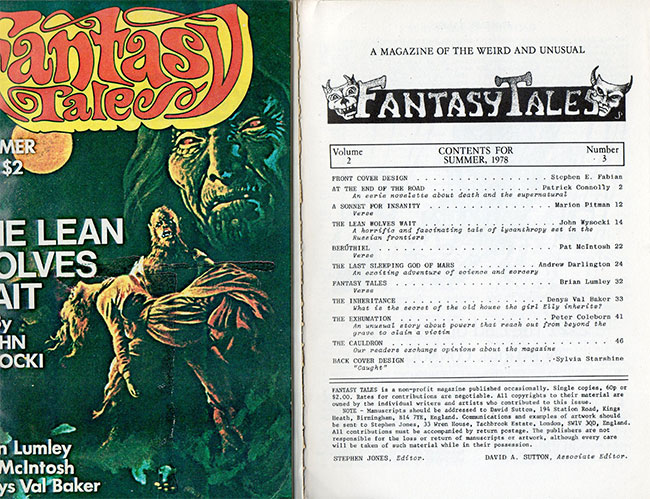
(1) ‘Fantasy Tales’ (Vol.1 no.1, Summer 1977, 60p/$2, 48pp), editors Stephen Jones (also publisher) & David A Sutton. 52pp. Jim Pitts cover art for feature-story Ken Bulmer (cover-story ‘Naked As A Sword’, Jim Pitts inner art), Michael Moorcock (‘The Stone Thing’, Russell Nicholson art), Ramsey Campbell (‘A Madness From The Vaults’, Alan Hunter art), Eddy C Bertin (‘The Price To Pay’, David Lloyd art), Brian Lumley (‘Mylakhrion The Immortal’, Jim Pitts art), Brian Mooney (‘The Dream Shop’, David Lloyd art), Steve Sneyd (‘Milk Of Kindness’, Christopher Tomms art), plus verse by Gordon Larkin (‘Fog Upon Ynth’) and John Grandfield (‘Morvenna’). Advert for ‘Phantasy Digest no.2’ magazine, Spectre Press edition of Adrian Cole’s ‘The Coming Of The Voidal’, The British Fantasy Society, ‘G Ken Chapman’ bookseller and Harlesden’s ‘Fantasy Centre’ shop. Charming John Grandfield back-page art.
(2) ‘Fantasy Tales’ (Vol.1 no.2, Winter 1977) with cover-story Adrian Cole (‘Scars’), William Thomas Webb (a veteran of ‘Nebula SF’, ‘Science Fantasy’ and ‘New Worlds’, with ‘The Hypnocosm’), Ramsey Campbell (‘Accident Zone’), Karl Edward Wagner (‘The Last Wolf’ plus a letter), Sydney J Bounds (‘Borden Wood’), Fred C Adams (‘The Feast Of Argatha’), plus verse by Brian Lumley (‘City Out Of Time’) and Brian Mooney (‘Undead’). Art by Alan Hunter, Jim Pitts, Russell Nicholson. ‘The Cauldron’ letters to the editor. Advert for ‘Garth’ book by Frank Bellamy, for ‘Dark They Were & Golden Eyed’ shop, ‘Spectre Press’, the BSFA
(3) ‘Fantasy Tales’ (Vol.2 no.3, Summer 1978) with cover-story ‘The Lean Wolves Wait’ by John Wysocki (cover-art by Stephen E Fabian), plus Patrick Connelly (‘At The End Of The Road’), Marion Pitman (‘A Sonnet For Insanity’), Denys Val Baker (‘The Inheritance’ taken from his 1971 Arkham House collection ‘The Face In The Mirror’), Peter Coleborn (‘The Exhumation’) and Andrew Darlington (‘The Last Sleeping God Of Mars’ with Alan Hunter artwork). Poems by Pat McIntosh (‘Berúthiel’) and Brian Lumley (‘Fantasy Tales’). Advert for Spectre Press ‘Cthulhu Tales’, and Cauldron letters from Jon M Harvey, Alan Hunter & Sydney J Bounds. Art by David Lloyd, Sylvia Starshine, Simon Horsfall etc
(4) ‘Fantasy Tales’ (Vol.2 no.4, Spring 1979, 60p) with Jim Pitts cover-art for Adrian Cole (‘First Make Them Mad’ – Voidal tale), Ken Dickson (‘The Chinese Box’ with Alan Hunter art), Joe R Schifino (‘Bloodhold’), AJ Silvonius (‘At Last The Arcana Revealed’), Karl Edward Wagner (‘Mourning Of The Following Day’). Verse by H Warner Munn (‘Love Philtre’), Gordon Larkin (‘Mausoleum’ with Hannes Bok art), Steve Eng (‘Tomb-Time’). Adverts for ‘History Of Fantasy Crossroads’, ‘Omniumgathem’ and ‘Dreams Of A Darker Hue’ (Bertin & Alex Kernaghan’). ‘The Cauldron’ letters from Cyril Simsa, Alan Hunter, Adrian Cole.
(5) ‘Fantasy Tales’ (Vol.3 no.5, Winter 1979), first saddle-stapled issue with David Lloyd’s art for HP Lovecraft & Brian Lumley’s featured tale ‘The Thing In The Moonlight’, plus Cyril Simsa (‘Extension 201’), Brian Mooney’s (‘For The Life Everlasting’), Frances Garfield (‘Don’t Open That Door’), Randall Garrett (‘Just Another Vampire Story’) plus verse by Gordon Larkin (‘An Agonising Choice’), H Warner Munn (‘The Exiles’), Simon Ounsley (‘The SeaFarers’) and Steve Eng (‘Morsel’). Ads for ‘Dark They Were And Golden Eyed’, Birmingham’s ‘Andromeda’ bookshop, and ‘Fandom Unlimited’ magazine
(6) ‘Fantasy Tales’ (Vol.3 no.6, Summer 1980) with black+white Jim FitzPatrick cover-art from ‘The Book Of Conquests’, fiction by Manly Wade Wellman (‘Ever The Faith Endures’), JR Schifino (‘Lair Of The White Wolf’), H Warmer Munn (‘Dreams May Come’), Frances Garfield (‘The Elementals’), Dave Reeder (‘The Last Trick’), Darrell Schweitzer (‘The Story Of The Brown Man’), plus verse by Brian Lumley (‘The Wind-Walker’), Don Herron (‘The Blades Of Hell’), Steve Eng (‘Bone-Yowl’). Back-page art by Jim Pitts ‘After Hannes Bok’. Ads for ‘Forbidden Planet’, the ‘British Fantasy Society’ and ‘Gothic’ magazine.
(7) ‘Fantasy Tales’ (Vol.4 no.7, Spring 1981), Jim Pitts cover-art illustrates Karl Edward Wagner’s featured story ‘The Other One’, with Peter Tremayne (‘Reflections On A Dark Eye’, art by David Lloyd), CA Cador (‘Payment In Kind’ – originally featured in ‘Gnostica’ August 1975, Alan Hunter art), Ramsey Campbell (‘Wrapped Up’, Randy Broecker art), Robert A Cook (‘The Woodcarver’s Son’, Russell Nicholson art), Darrell Schweitzer (‘The Last Horror Out Of Arkham’, Dave Carson art), plus verse by Steven E ‘Stephen Edward’ McDonald (‘The Wedding Guest’), Marion Pitman (‘A Death Song For Gondath’), H Warner Munn (‘Limbo’, reprinted from the 1976 ‘Omniumgathum’ anthology), David ‘Dave Ward’ Greygoose (‘Bleak December’). ‘The Cauldron’ features letters from Alan Hunter, Brian Lumley, Steve Eng and Brian Mooney.
(8) ‘Fantasy Tales’ (Vol.4 no.8, Summer 1981), Dave Carson cover-art illustrates featured Hugh B Cave story ‘A Place Of No Return’), with Dennis Etchison (‘The Dark Country’ – a Jack Martin story, with David Lloyd art), Brian Mooney (‘The Elevation Of Theosophus Goatgrime’, John Grandfield art), James Glenn (‘The Legacy’, Jim Pitts art), Mike Chinn (‘Sic Transit’, Russell Nicholson art), Mark Clarke (‘Shadows From The Past’, David Lloyd art), Michael D Toman (‘Weirwood’, Alan Hunter art), with verse by Brian Lumley (‘Swamp Call’) and The Cauldron (logo by John Grandfield) letters from Brian Lumley, Alan Hunter, Dave Morris, Brian Mooney.
(9) ‘Fantasy Tales’ (Vol.5 no.9, Spring 1982), Jim Pitts wrap-around cover-art illustrates featured David Malpass story (‘The Grey Horde’), with Adam Nichols novelette (‘Dead Birds Singing In The Black Of Night’, Russ Nicholson art), Thomas Ligotti (‘The Frolic’, David Lloyd art), Lin Carter (‘The Laughter Of Han’, Alan Hunter art), Brian Lumley (‘The Strange Years’, Dave Carson art), Phillip C Heath (‘October Treat’, Allen Koszowski art), and verse by H Warner Munn (‘The Changling’), Steve Eng (‘In Lieu Of Applause’) and George A McIntyre (‘Initiation’). ‘Weird Tales’ artist Lee Brown Coye obituary by Karl Edward Wagner. The Cauldron letters from Peter Bayliss, Ramsey Campbll, David A Riley, Andrew J Wilson.
(10) ‘Fantasy Tales’ (Vol.5 no.10, Summer 1982, 75p/$2.50) black+white David Lloyd cover-art illustrating featured story Ramsey Campbell’s ‘The Voice Of The Beach’, plus Manly Wade Wellman (‘A Witch For All Seasons’), Mike Chinn (‘But The Stones Will Stand’), James Anderson (‘Thatcher’s Bluff’), Peter G Shilston (‘The Gardens’), Scott E Green (‘The Motel Room’), plus verse by Charlotte Dean (‘Death Wish’), ‘The Cauldron’ reader’s letters and Dave Carson back-page art. Ads for New York’s ‘The Science Fiction Shop’, London ‘Fantasy Centre’ and the Birmingham ‘Andromeda Bookshop., the ‘Threshold Of Fantasy’ magazine of fantastic literature, for Tanith Lee’s ‘Prince On A White Horse’ novel
(11) ‘Fantasy Tales’ (Vol.6 no.11, Winter 1982), Jim Pitts cover-art illustrating featured H Warner Munn story ‘A Sprig Of Rosemary’ (from 1933), with Peter Tremayne (‘The Storm Devil Of Lan-Kern’, Alan Hunter art), C Bruce Hunter (‘To Welcome One Of Their Own’, Allen Koszowski art), Allen Ashley as ‘Allen A Lucas’ (‘Dead To The World’, Dave Carson art), Joe R Lansdale (‘At The Mouth Of Time’, John Stewart art), Peter Bayliss (‘Legacy Of Evil’, David Lloyd art), Kenneth Bulmer as by ‘Dray Prescot’ originally published in 1982 as by ‘Alan Burt Akers’ (‘The Story Of Lallia The Slave Girl’, Russ Nicholson art), plus verse by Robert E Howard (‘Seven Kings’), Jo Fletcher as ‘Charlotte Dean’ (‘A Lady’s Retribution’, Alan Hunter art), and Joel Lane (‘The Worm’). The Cauldron letters from Nic Howard, Brian Lumley, Dave Reeder, Peter Coleborn, Peter Bayliss.
(12) ‘Fantasy Tales’ (Vol.6 no.12, Winter 1983), David Lloyd cover-art illustrating featured Robert Bloch story ‘A Question Of Identity’ (1939) inner art by John Stewart, with Dennis Etchison (‘You Can Go Now’, Randy Broecker art), Darrell Schweitzer (‘The Stones Would Weep’, Allen Koszowski art), Peter A Hough (‘The Summer House Party’, David Lloyd art), Simon R Green (‘In The Labyrinth’, Jim Pitts art), Kelvin I Jones (‘The Green Man’, Dave Carson art), Jessica Amanda Salmonson (‘A Rock That Loved’, Alan Hunter art), C Bruce Hunter (‘Pharaoh’s Revenge’), plus verse by Robert E Howard (‘The Zulu Lord’, Stephen Fabian art) and Marise Morland (‘Ballad’). The Cauldron letters from Nic Howard and Peter Coleborn.
(13) ‘Fantasy Tales’ (Vol.7 no.13, Winter 1984, 90p/$3.00) with Stephen E Fabian colour front and back cover-art, fiction by Robert Bloch (‘The Sorcerer’s Jewel’, Dave Carson art), William F Nolan (‘Of Time And Kathy Benedict’, Wendy All art), Charles L Grant (‘The Generation Waltz’, Andrew Smith art), Steve Rasnic Tem (‘The Bad People’, Jim Pitts art), Mike Grace (‘Tongue In Cheek’, Mark Dunn art), Gary William Crawford (‘Vigilance’, Alan Hunter art), plus verse by Steve Eng (‘The Last Guest’). Ads for ‘Your Science Fantasy Bookshop… In The Mail’, the ‘Fantasy Centre’, ‘Andromeda Bookshop’, Scream Press, and ‘Fantasy Tales’ T-shirt offer.
(14) ‘Fantasy Tales’ (Vol.7 no.14, Summer 1985), Jim Pitts cover-art illustrates featured Ramsey Campbell story ‘The Sneering’, plus Ardath Mayhar (‘The Pushover’, Mark Dunn art), Chris Naylor (‘The Castle At World’s End’, Stephen E Fabian art), Jeffrey Goddin (‘House Of Ill-Repute’, Alan Hunter art), Clive Barker (‘The Forbidden’, John Stewart art), C Bruce Hunter (‘The Other Side’, Allen Koszowski art), and verse by ‘David Cowperthwaite’ aka John Gale (‘Yuggoth’, Allen Koszowski art). The Cauldron letters from Nic Howard, John Pelan, Peter A Hough.
(15) ‘Fantasy Tales’ (Vol.8 no.15, Winter 1985, 90p/$3) with Tom Campbell cover-art illustrating Fritz Leiber’s fiction ‘In The X-Ray’ Tom Campbell inner art), plus Frances Garfield (‘Amorous Of The Far’, Alan Hunter art), Kim Newman (‘The Terminus’, Jim Pitts art), Charles L Grant (‘Long Walk Home’, Craig Forrester art), Malcolm Furnass (‘Down By The Sea’, Mark Dunn art), Adrian Cole (‘The Exile Of Earthendale’, Jim Pitts art), David Riley (‘After Nightfall’, Allen Koszowski art), Samantha Lee (‘Take Five’, Jim Pitts art) plus verse by Joel Lane (‘Book Of The Dead’), Phil Emery (‘Shadrezzar’), and Jon Bye (‘The Farthing Lord’). L Ron Hubbard four-page pull-out. Ads for ‘Andromeda Bookshop’, Robert & Phyllis Weinberg Books, British Fantasy Society. Back-page ad for Corgi Books Science Fantasy.
(16) ‘Fantasy Tales’ (Vol.8 no.16, Winter 1986, 90p/$3, 54pp) ‘Eyeteeth’ JK Potter cover-art. ‘Fantasy Tales’ back-issues. With Dennis Etchison (‘The Olympic Runner’, Rodger Gerberding art), Richard Christian Matheson (‘Red’, Allen Koszowski art), Peter Tremayne (‘The Singing Stone’, Alan Hunter), Hugh B Cave (‘After The Funeral’, Jim Pitts art), David Case (‘Twins’, Andrew Smith art), Josepha Sherman (‘Zerail’, Jim Pitts art), George A McIntyre (‘Our Christmas Spirit’, Sue Simpson art) and Samantha Lee (‘Bon Appetit’, Dallas Goffin art), verse by Manly Wade Wellman (‘The White Road’), Christina Kiplinger (‘Eradication’s Rise’). Ads for ‘Fantasy Review’ and ‘Shock Xpress’ magazines, L Ron Hubbard’s Mission Earth series, and ‘Fantasy Centre’ bookshop. A Tribute to recently deceased Many Wade Wellman by Karl Edward Wagner.
(17) ‘Fantasy Tales’ (Vol.9 no.17, Summer 1987, 60pp), billed as the ‘Tenth Anniversary Issue!’ with Stephen E Fabian topless girl colour cover-art with William F Nolan (‘The Dandelion Chronicles’, with Jim Pitts art), Ramsey Campbell (‘Writer’s Curse’, Alfred R Klosterman art), Michael Moorcock (‘The Last Call’, Russ Nicholson art), C Bruce Hunter (‘The Travelling Salesman And The Farmer’s Daughter’, Alan Hunter art), Brian Lumley (‘Hell Is A Personal Place’, Dave Carson art), Mike Chinn (‘The Hollywood Mandate’, a Damian Paladin variant of ‘You Ought To Be In Pictures’, Martin McKenna art), William Thomas Webb (‘The Ghoul Of The Four Winds’, Allen Koszowski art), and verse by Steve Eng (‘North Sea Lament’, John Grandfield art), Leilah Wendell (‘Ebony Rose’, Sue Simpson art), Robert E Howard (‘An Outworn Story’, JK Potter art), Clive Barker (‘Six Commonplaces’ from Weaveworld’, with his own artwork). The Cauldron letters from Ian Mundell and Peter Bayliss.
(18) ‘Fantasy Tales’ (Vol.10 no.1, Autumn 1988, 99p, 104pp), first issue published through Robinson, ‘A Paperback Magazine of Fantasy & Terror’. Fiction by Charles L Grant (‘Now And Again In Summer’, Lynne Taylor art), Lin Carter (‘The Thievery Of Yish’, Russ Nicholson art), Guy N Smith (‘Vampire Village’, Andrew Smith art), C Bruce Hunter (‘The Farmer And The Travelling Salesman’s Daughter’, Alan Hunter art), JN Williamson (‘Fancy That’, Allen Koszowski art), Chris Morgan (‘Touching’, Steve Berridge art), Darrell Schweitzer (‘A Vision Of Rembathene’, Martin McKenna art), David Riley (‘Writer’s Cramp’ Jim Pitts art), verse by Chris Naylor (‘The Cloven Cross’) and Robert E Howard (‘Memories’). Ads for ‘Forbidden Planet’, Stephen King (‘The Dark Tower’), Terry Pratchett (‘Mort’ Discworld novels), Raymond E Feist (‘Faerie Tale’), Unwin Hyman books including ‘Other Edens 2’ anthology, British Fantasy Society, Forgotten Realms books, Headline books, Iain M Banks (‘The Player Of Games’), The Sheffield Space Centre, Fantasy Centre bookshop, ‘Interzone’ magazine. The Cauldron letters
(19) ‘Fantasy Tales’ (Vol.10 no.2, Spring 1989, 99p, 104pp) cover-art and artist-profile of Les Edwards, with Ken Bulmer (‘Ice And Fire’, Russ Nicholson art), William F Nolan (‘The Cure’, Martin McKenna art), Joel Lane (‘The Dispossessed’, Dave Carson art), Brian Lumley (‘The Man Who Felt Pain’, Jim Pitts art), Will Johnson (‘Stepping Out’, Dallas Goffin art) and verse by Neil Gaiman (‘Vampire Sestina’). Advert for Tim White’s book ‘Chiaroscuro’, David Eddings, Peter James (‘Possession’), Grafton Books, Forbidden Planet, Fantasy Centre, Forgotten Realms & Dragonlance books. 1989 Fantasy Calendar. Mike Ashley’s ‘Future Fantasy’ news column. The Cauldron.
(20) ‘Fantasy Tales’ (Vol.11 no.3, Autumn 1989), includes Angus McKie artist-profile who provides robot musician cover-art, with Ramsey Campbell (‘The Sustenance Of Hoak’, art by Jeff Salmon), Stephen Gresham (‘The One Left Behind’, John Stewart art), Jessica Amanda Salmonson (‘John And The Magic Skillet’, Jim Pitts art), David J Schow (‘The Embracing’, Allen Koszowski art), Alan W Lear (‘Fatal Bellman’, Harry O Morris art) and verse by Jon Bye (‘Wayland’s Smithy’, Dallas Goffin art) and Charles Whateley (‘Worms’), plus The Cauldron, and Mike Ashley’s ‘Future Fantasy’ brief reviews. Ads for Dragonlance Books, Forbidden Planet, Fantasy Centre, Stephen King (‘The Dark Tower 2’), Shaun Hutson & Richard Laymon books, William Gibson (‘Mona Lisa Overdrive’) and Raymond E Feist, Adrian Cole (‘Thief Of Dreams’), Geoff Ryman and Gill Alderman, Thomas Ligotti (‘Songs Of A Dead Dreamer’) plus 1989/90 Fantasy Calendar.
(21) ‘Fantasy Tales’ (Vol.11 no.4, Spring 1990) with JK Potter cover art and profile, with Stephen Gallagher (‘The Drain’), Charles L Grant (‘Alice Smiling’), Darrell Schweitzer (‘Into The Dark Land’ from his ‘Julian’ series), Kim Newman (‘The Man Who Collected Clive Barker’), Don Webb (‘Initiation’), Steve Rasnic Tem (‘In The Trees’), C Bruce Hunter (‘The Death & Afterlife Of Sam McKay’). Poem by Steve Eng (‘Sea Reverie’), and ‘Future Fantasy’ reviews by Brian Lumley and Mike Ashley.
(22) ‘Fantasy Tales’ (Vol.12 no.5, Autumn 1990) with JK Potter cover art, Roberta Lannes (‘Invisible Boy’), Ramsey Campbell (‘The Changer Of Names’, part of his ‘Ryre’ series), David J Schow (‘Night Bloomer’), Jean-Daniel Brèque (‘On The Wing’), Elsa Beckett (‘Family Ties’ with Dallas Goffin art), Nik Morton (‘Dead On Time’ with Alan Hunter art), JN Williamson (‘The Bridge People’ with Jim Pitts art), Randall D Larson (‘The Gnarl’), Samantha Lee (‘Scoop’), Gary William Crawford (‘The Cabinets’), Lee Barwood (‘Honour Bright’), Garry Kilworth (‘Networks’) Poem by Jessica Amanda Salmonson (‘Black The Water’).
(23) ‘Fantasy Tales’ (Vol.12 no.6, Spring 1991), surreal cover by JK Potter, with Neil Gaiman (‘Foreign Parts’), R Chetwynd-Hayes (‘The Monster’ reprinted from ‘The Fifth Fontana Book Of Great Horror Stories’, 1970), Janet Fox (‘How Jaquerel Made War In Bel Azhurra’), Kim Newman (‘Mother Hen’), Thomas Ligotti (‘The Spectacles In The Drawer’), Marvin Kaye (‘Happy Hour’), Thomas D Toman (‘The Old Laughing Lady’), Mike Chinn (‘Days Of The Dark Men’), William F Nolan (‘Gobble, Gobble!’). Poems by Shawn Ramsey (‘The Revenant’) and Darrell Schweitzer (‘The Sorcerer To His Long-Lost Love’).
(24) ‘Fantasy Tales’ (Vol.13 no.7, Winter 1991 £3.99p, 186pp), ‘in this fabulous fantastical issue of Fantasy Tales you will discover Ramsey Campbell (‘The Pit Of Wings’), Thomas F Monteleone (‘Rehearsals’), Thomas Ligotti (‘The Medusa’), Kathryn Ptacek (‘Living To The End’), Adrian Cole (‘Only Human’), Paul Collins & Trevor Donohue (‘Unnamed’), Phillip C Heath (‘Bag Of Bones’), Garry Kilworth (‘Island With The Stink Of Ghosts’), Samantha Lee (‘Jelly Roll Blues’). Plus poems by Edward Darton (‘Rejuvenation’) and Evelyn K Martin (‘Nirvana’). Peter James ‘FT Forum: The Supernatural – Fact & Fiction’ asks ‘Have we lived before?’ Art by Martin McKenna, Alan Hunter, Allen Koszowski, Dave Carson, David Benham, Dreyfus, R Rawling, Jim Pitts, Dallas ‘Golfin’ Goffin.


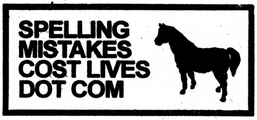
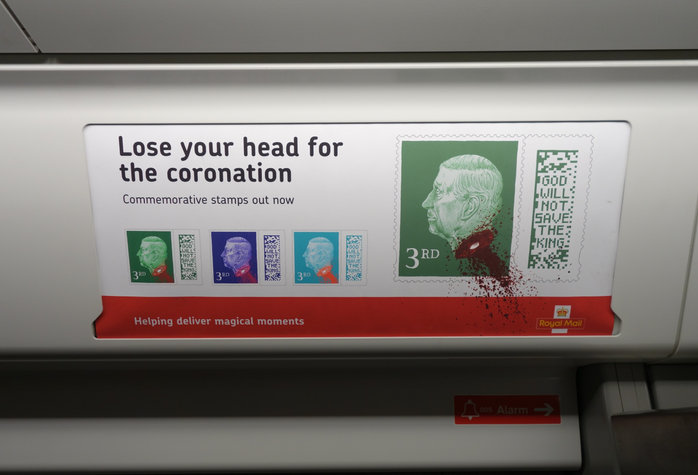



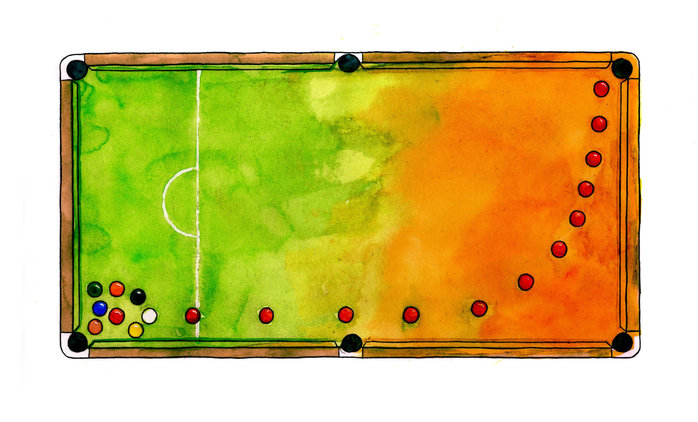
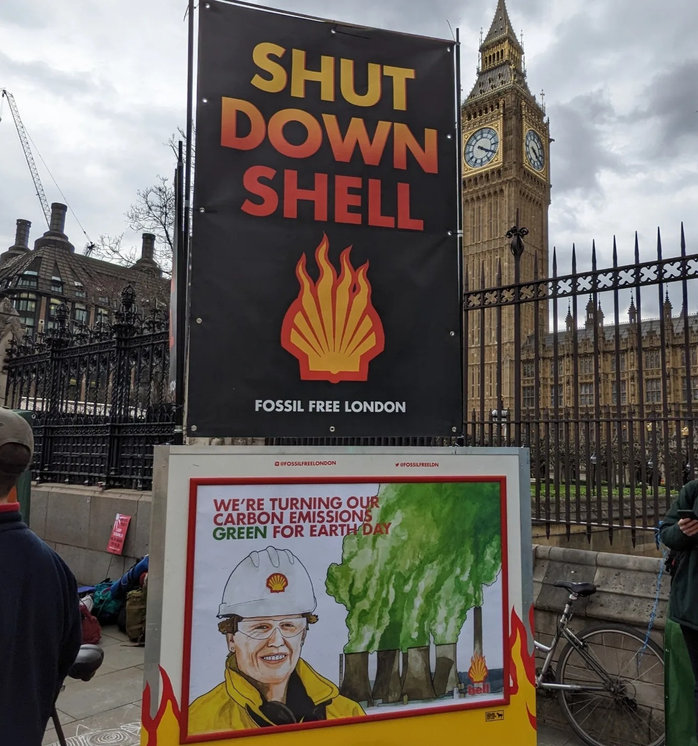
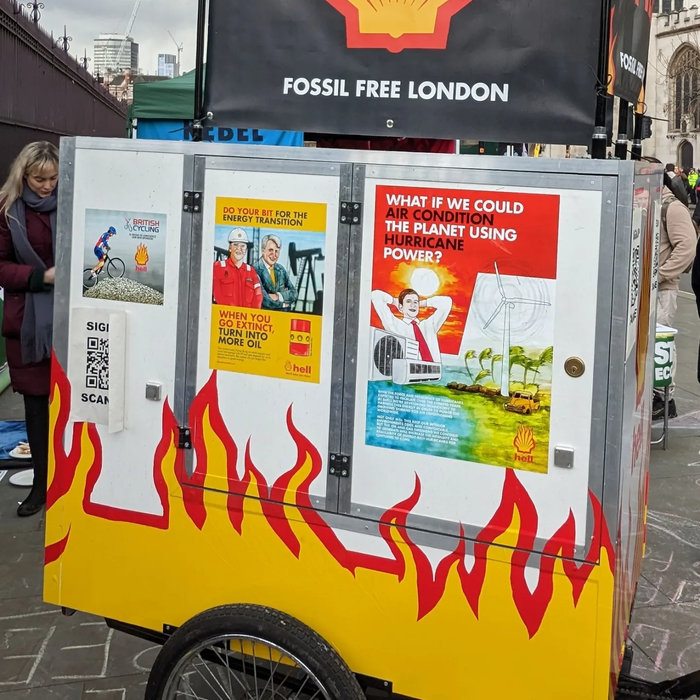


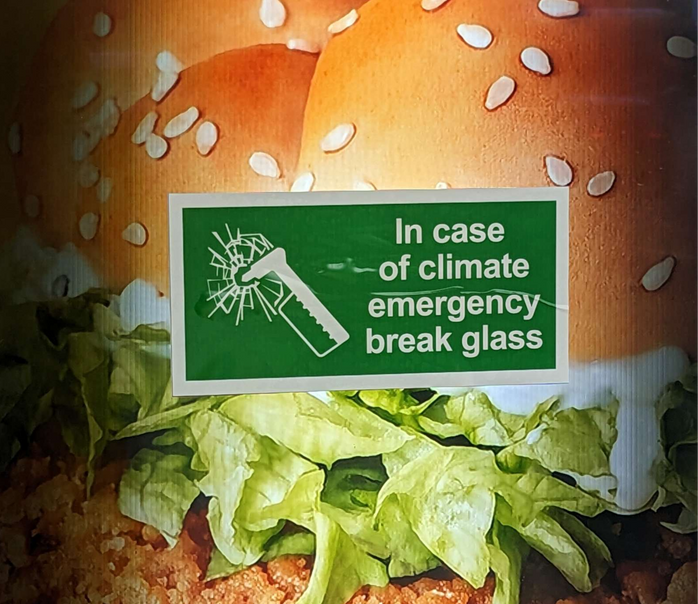

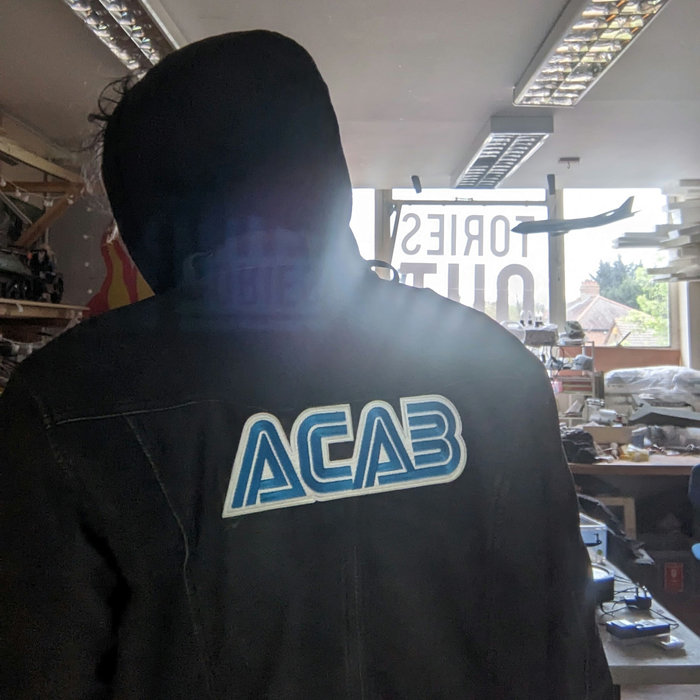

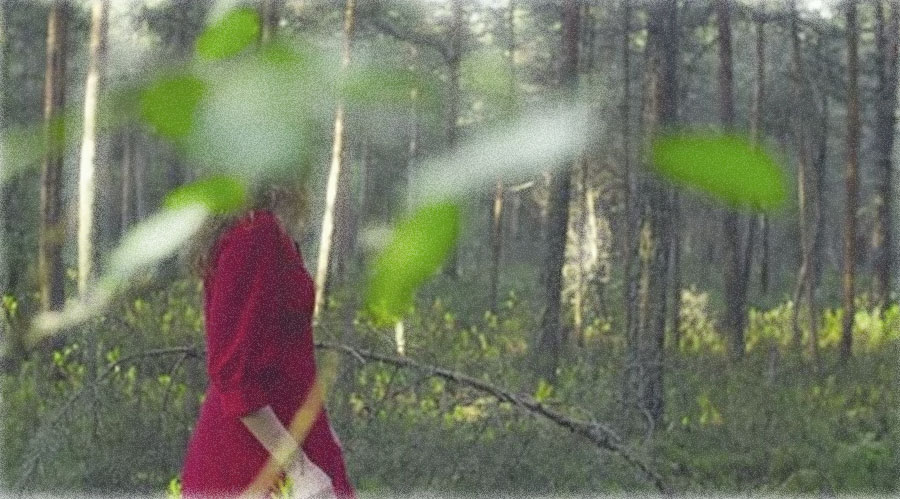


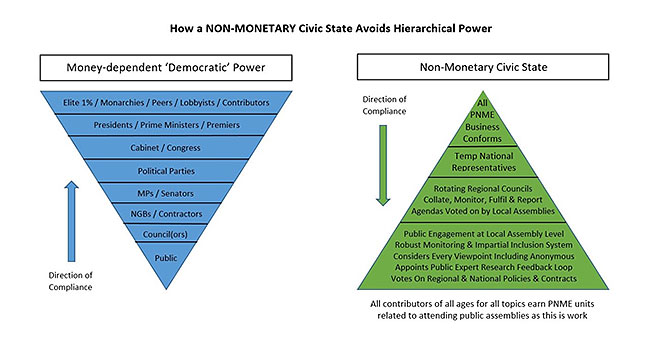


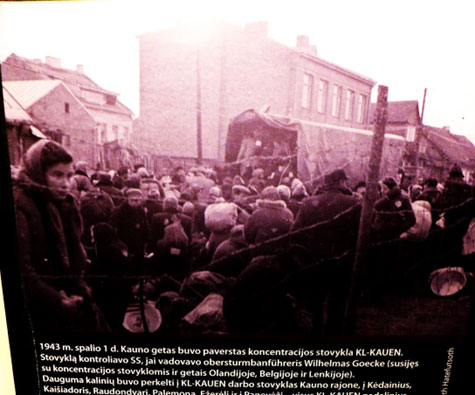

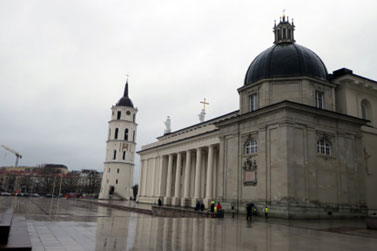
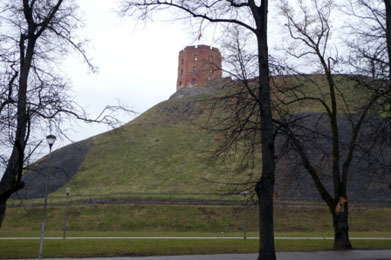

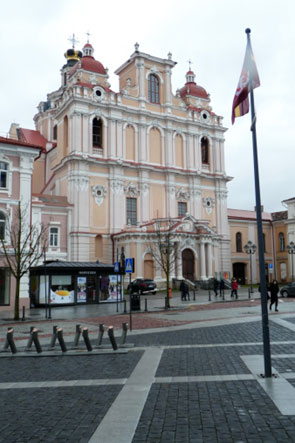


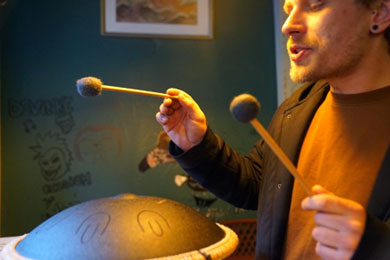
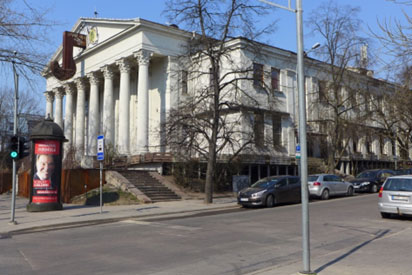
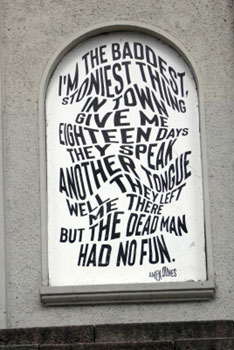
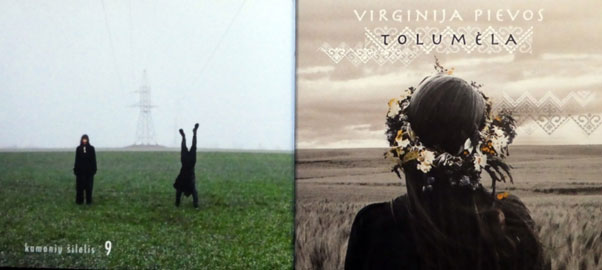






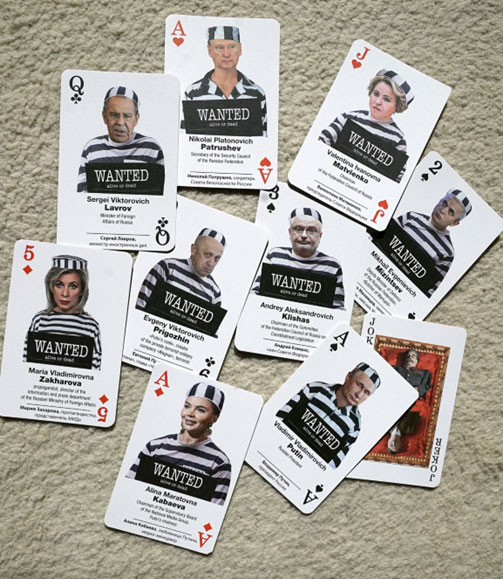
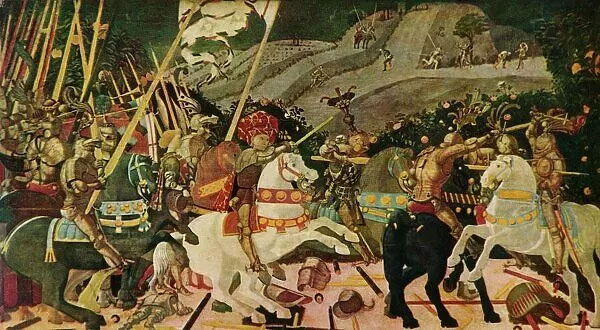
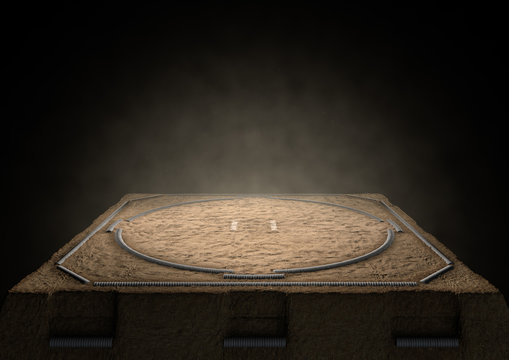
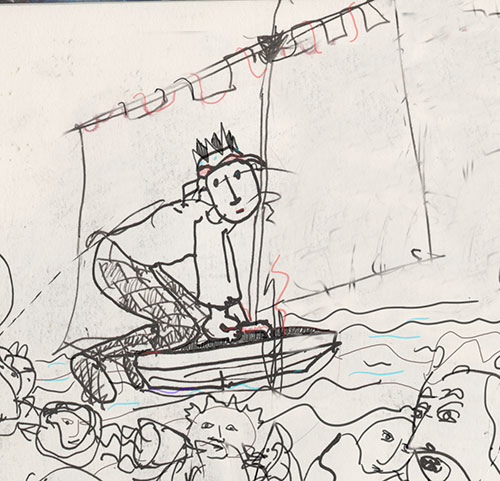
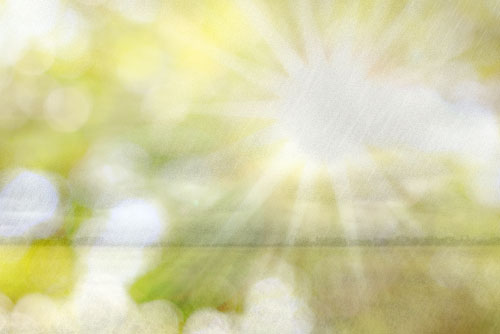


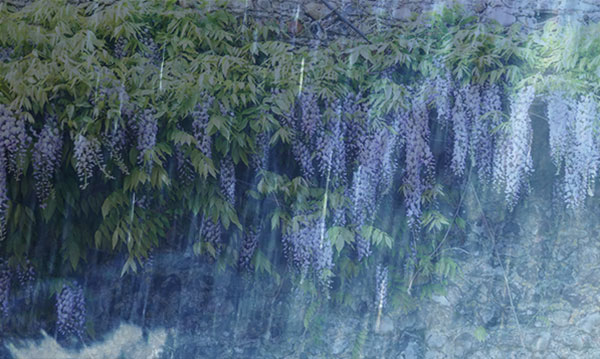
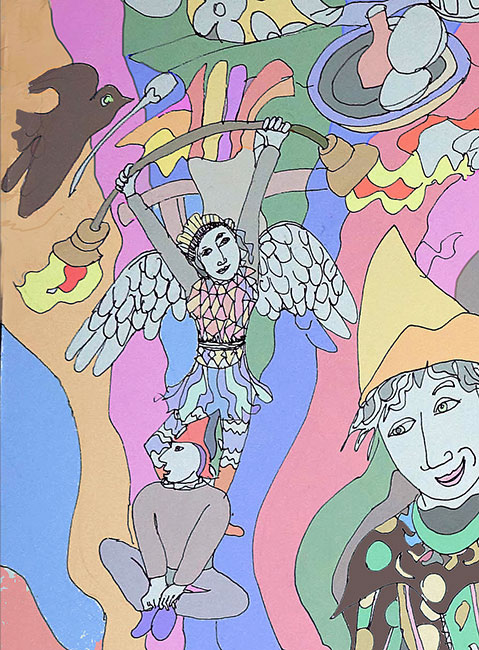
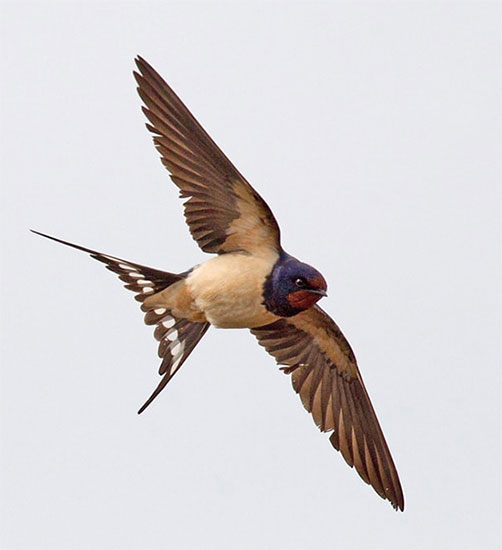
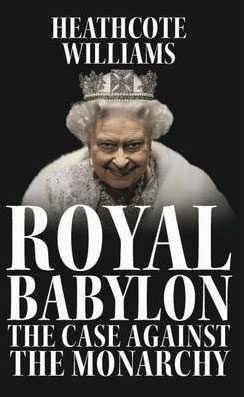
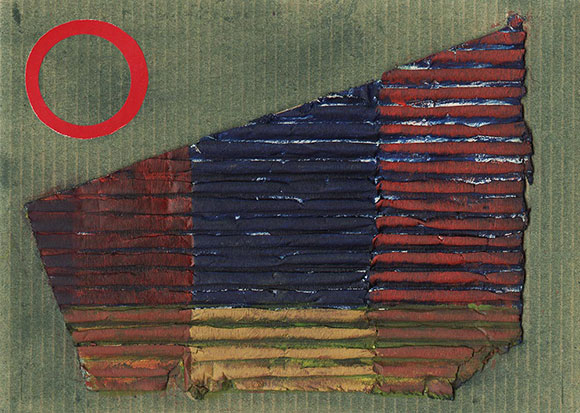
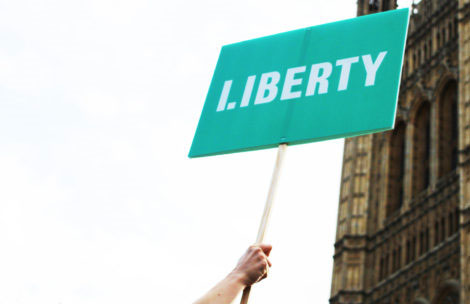

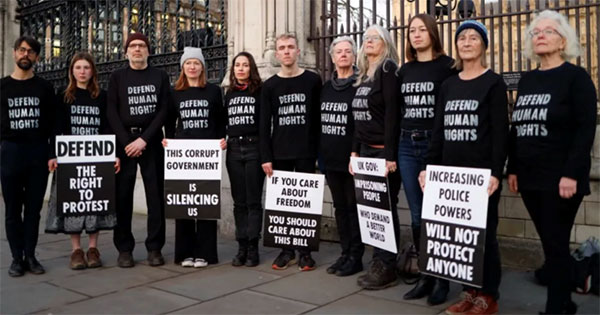
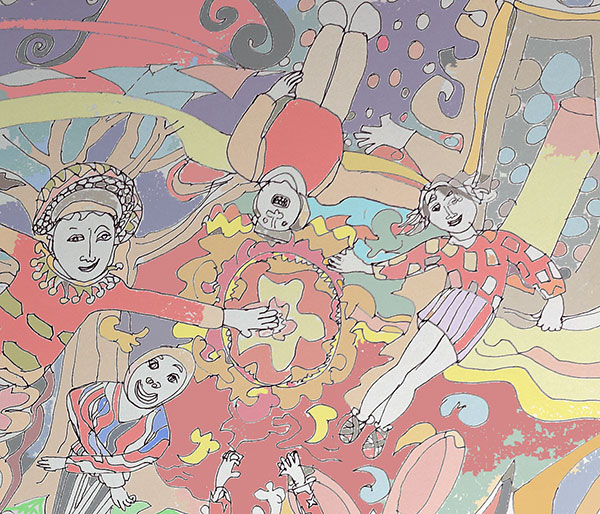
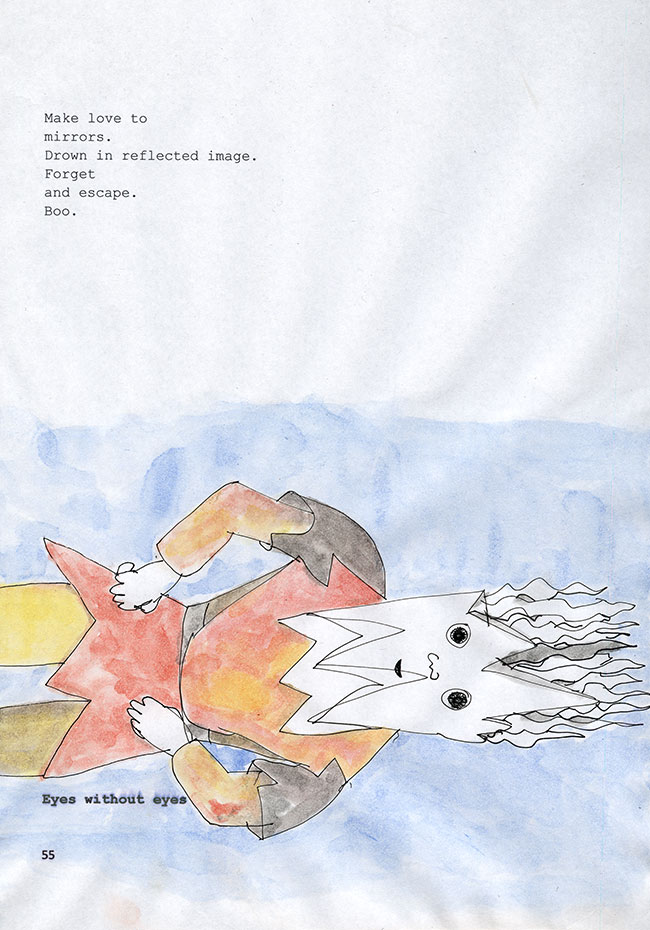
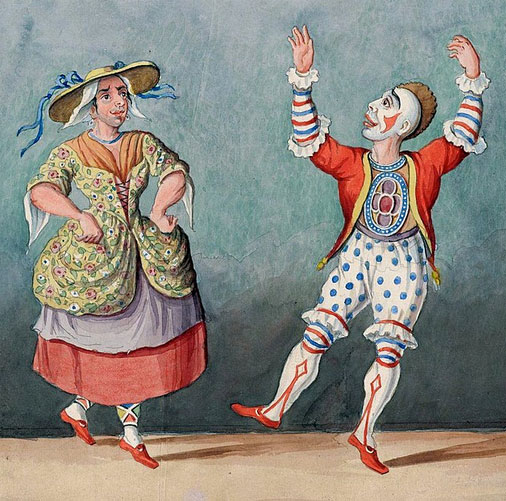
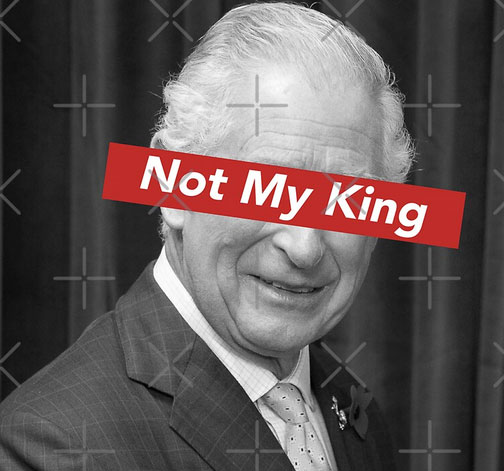
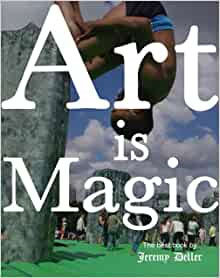
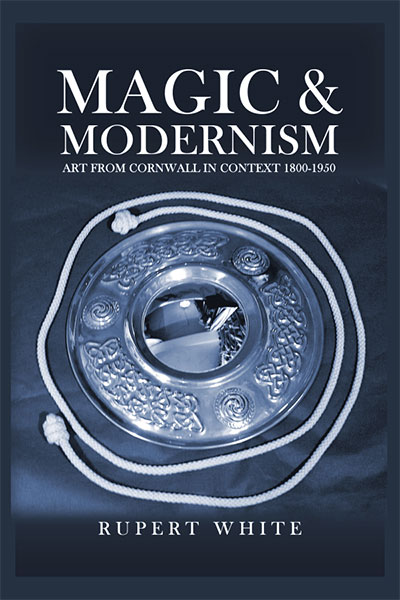
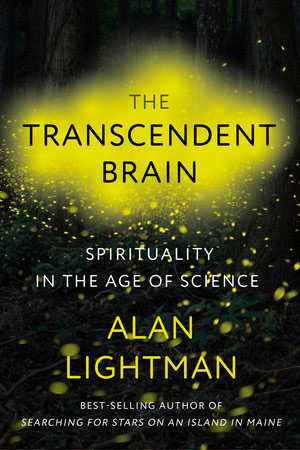
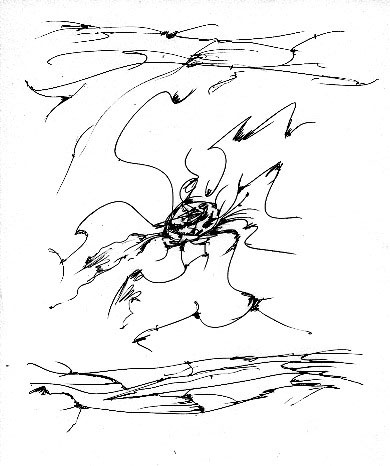
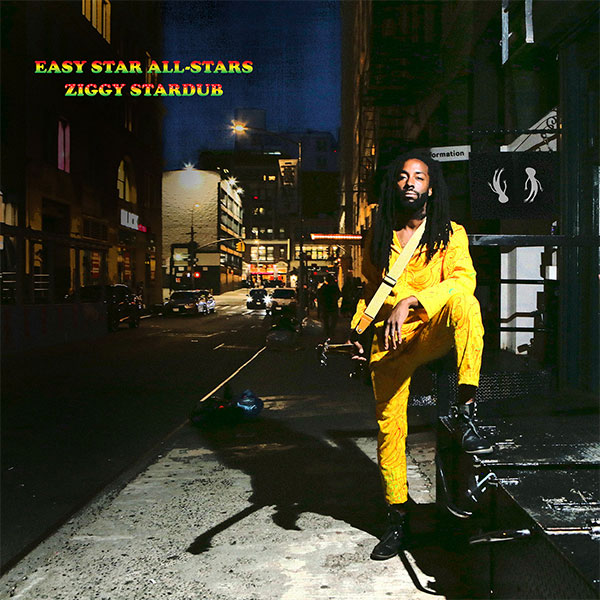
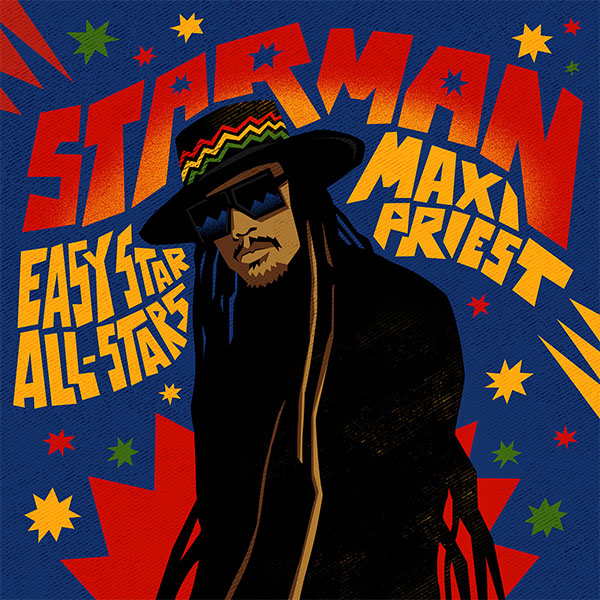
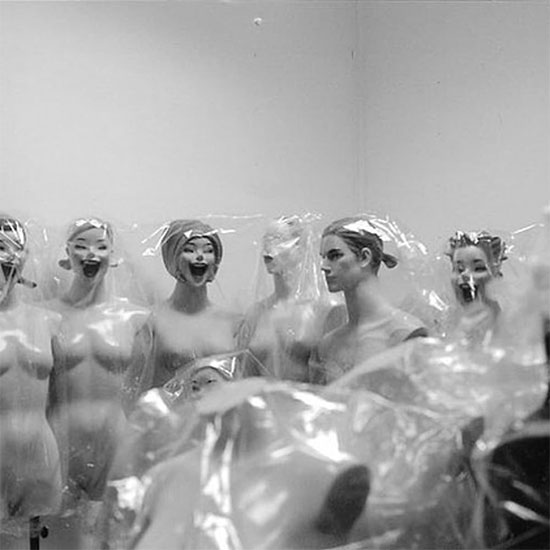
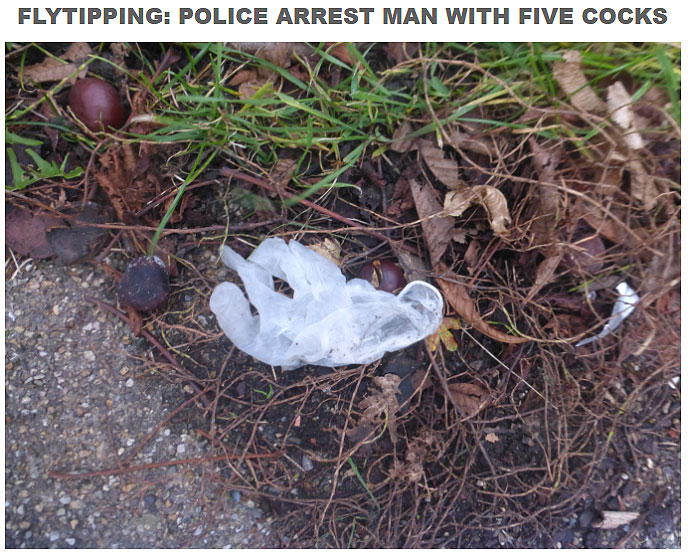





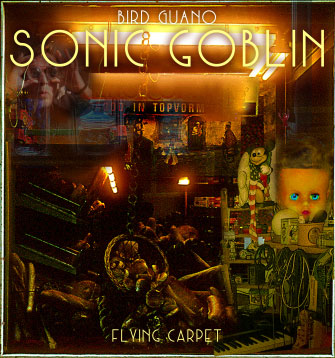
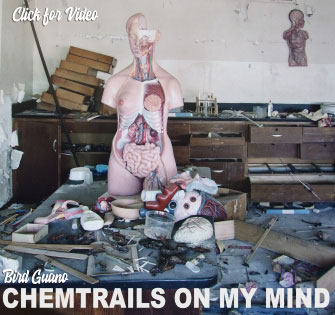
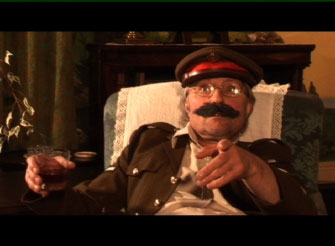


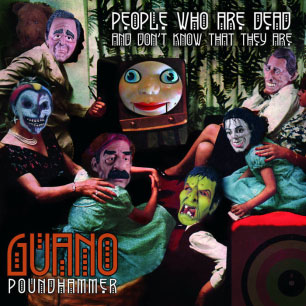
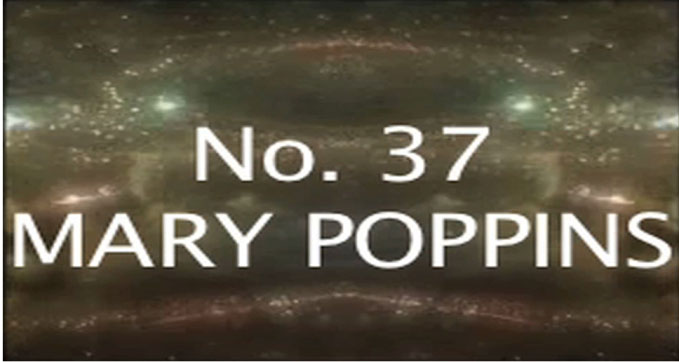
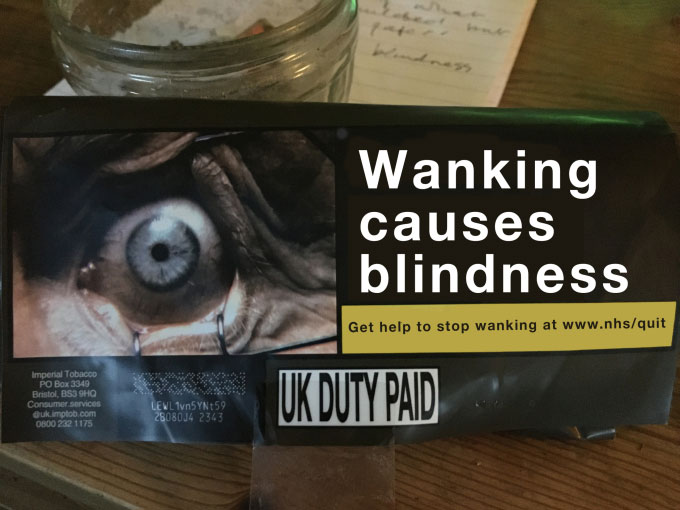


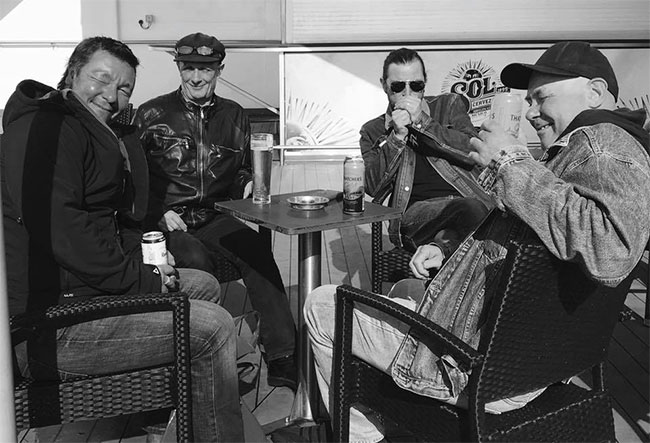

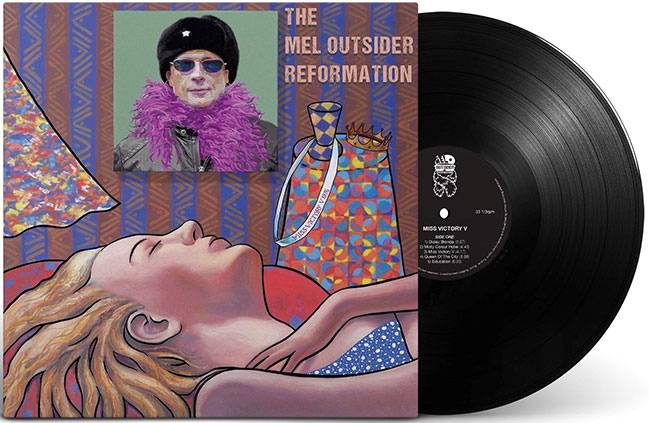

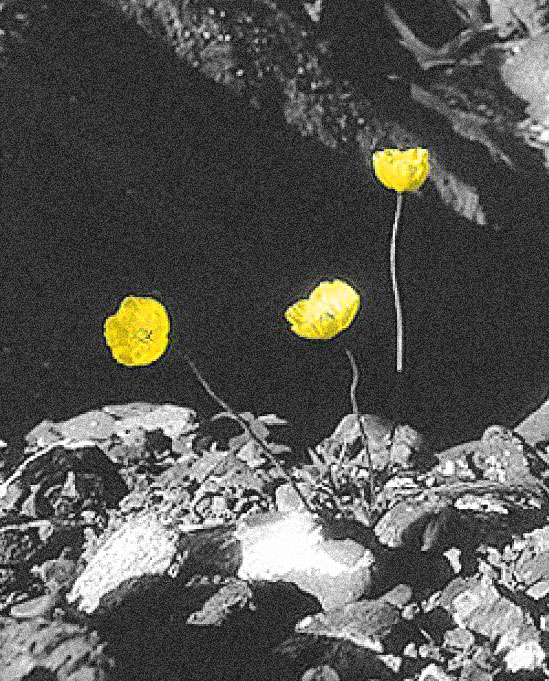
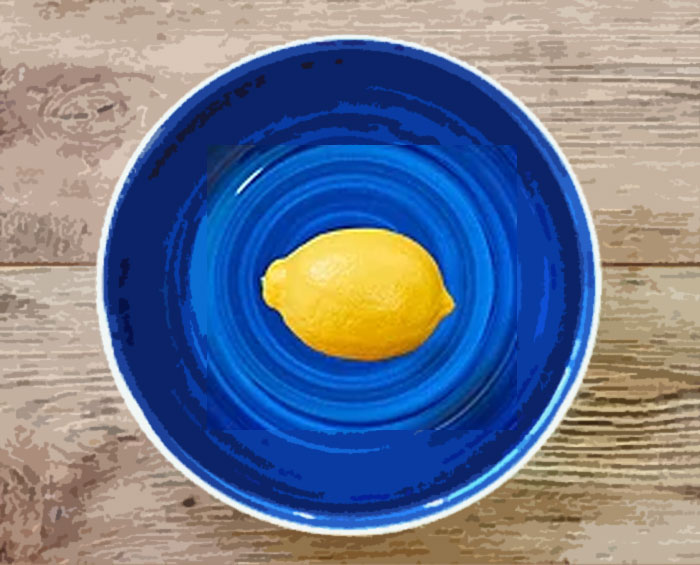
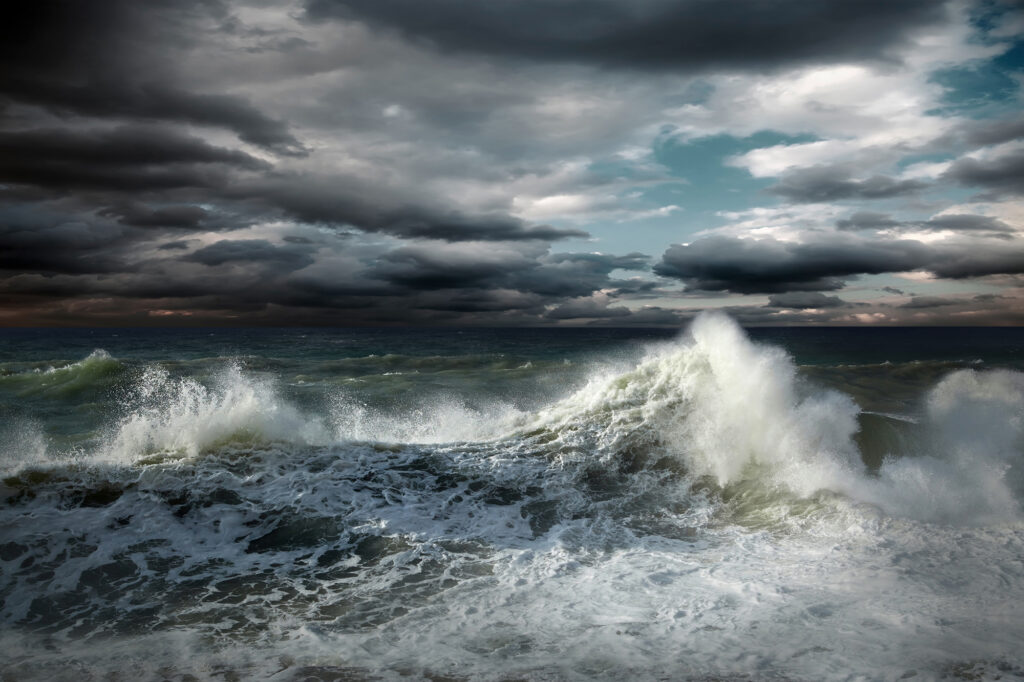


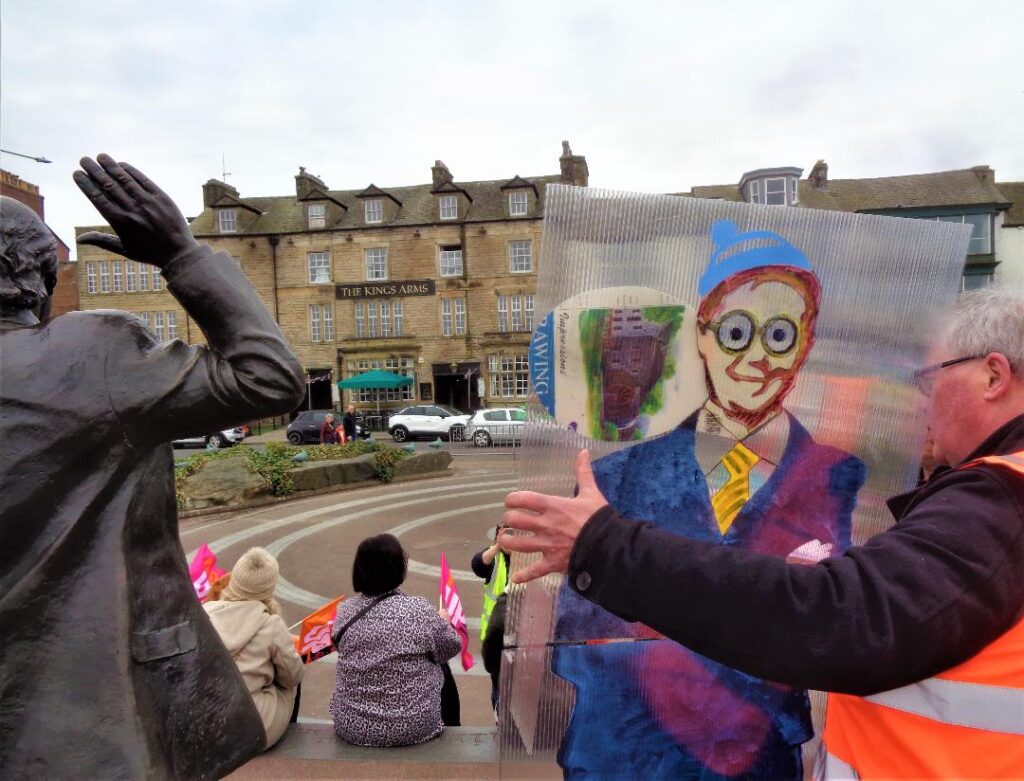





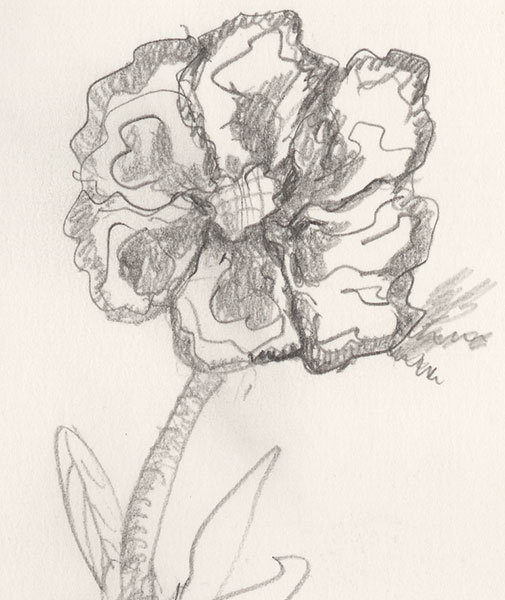
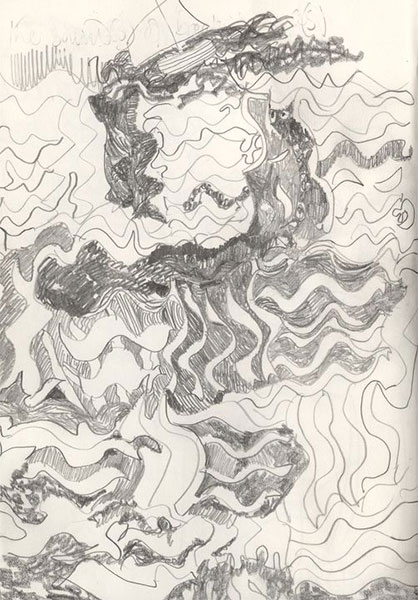
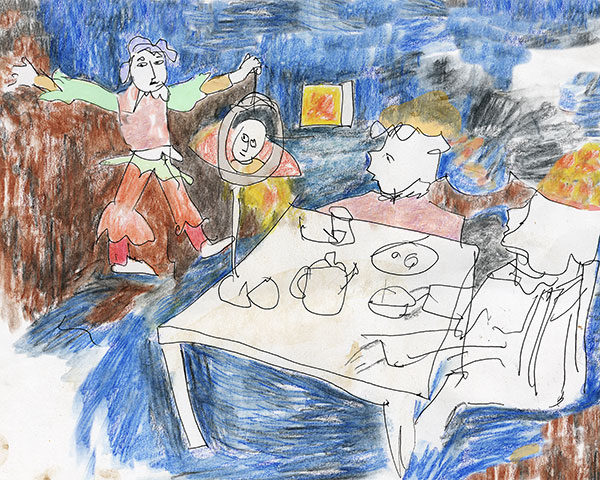
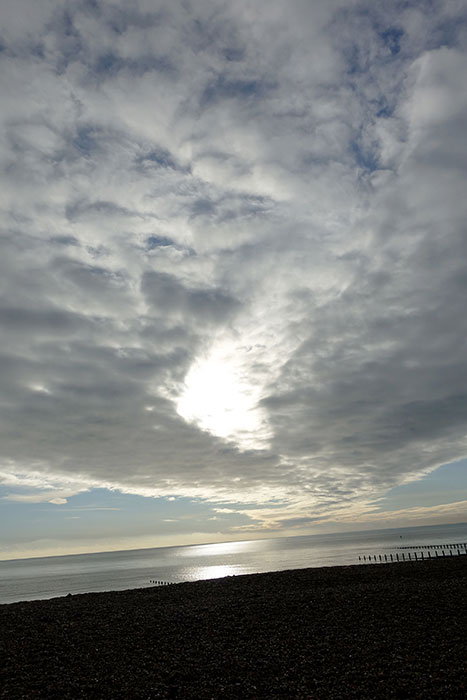
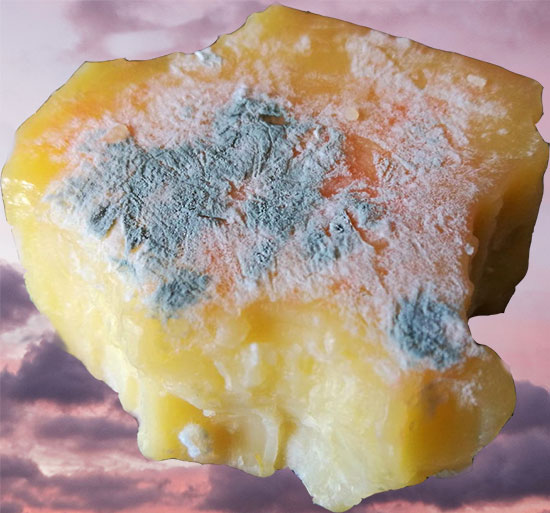

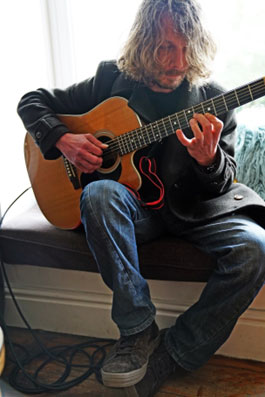
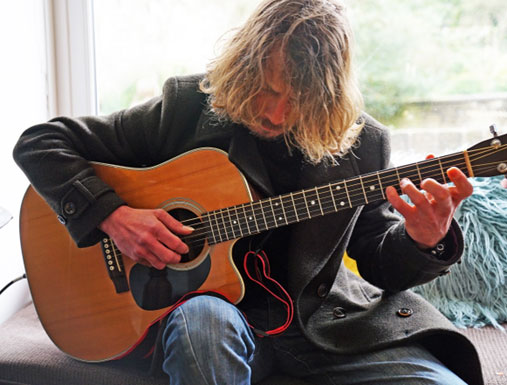

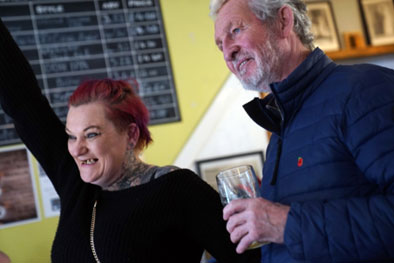


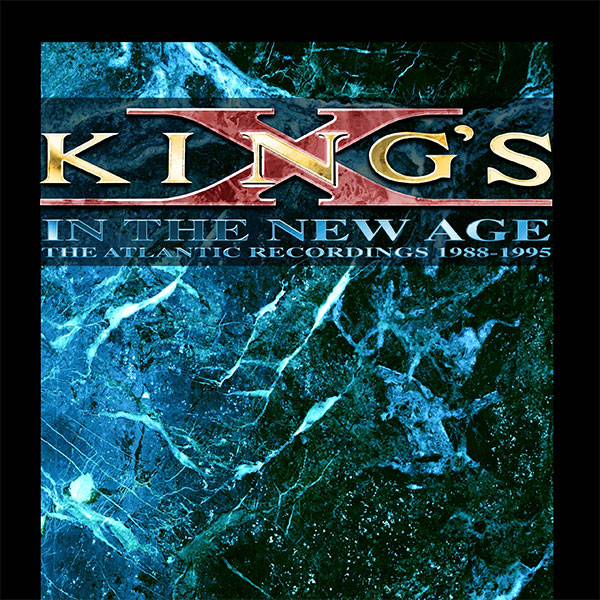


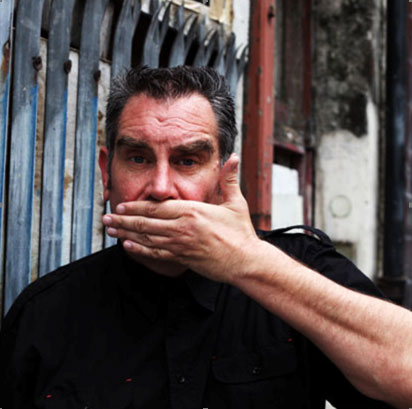

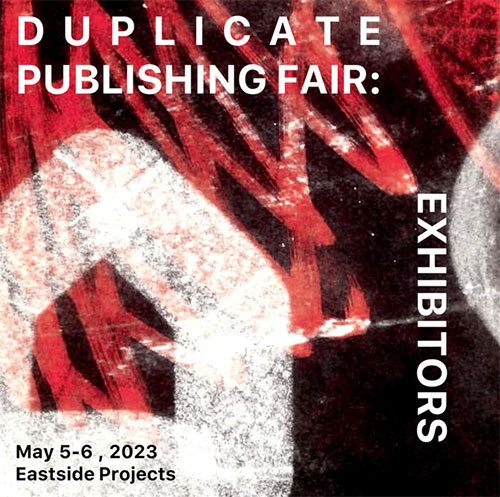
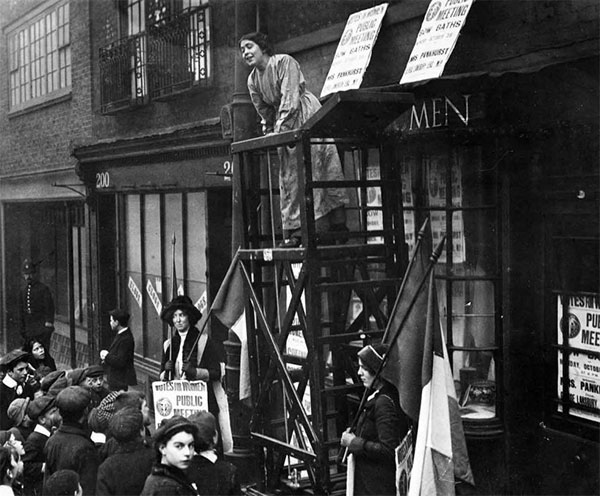
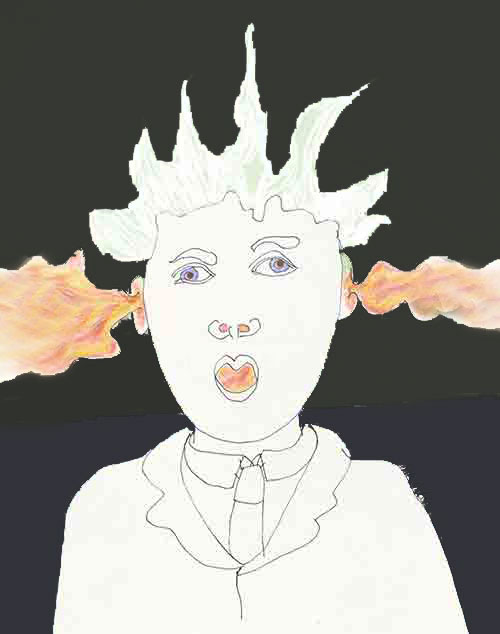
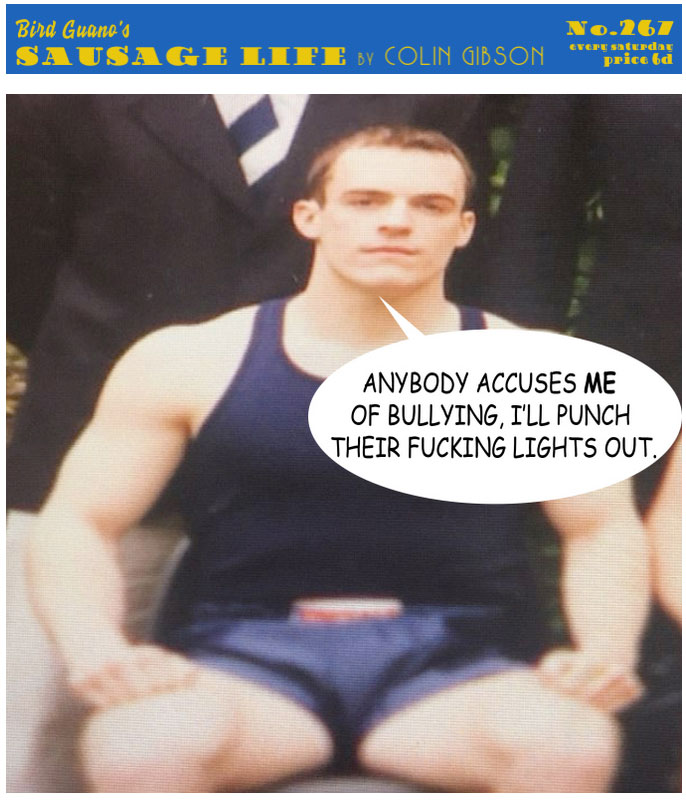

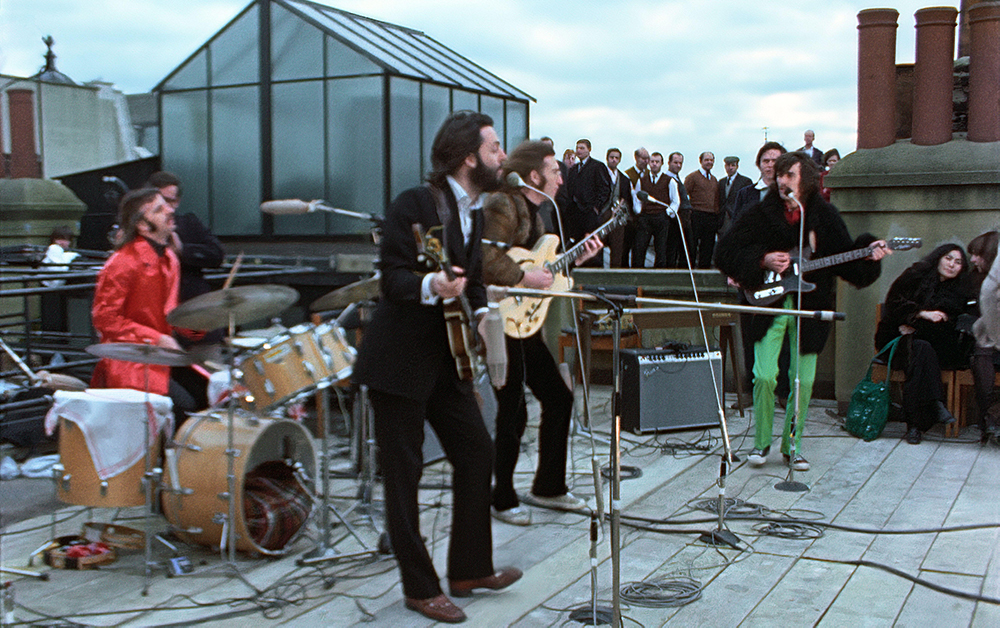
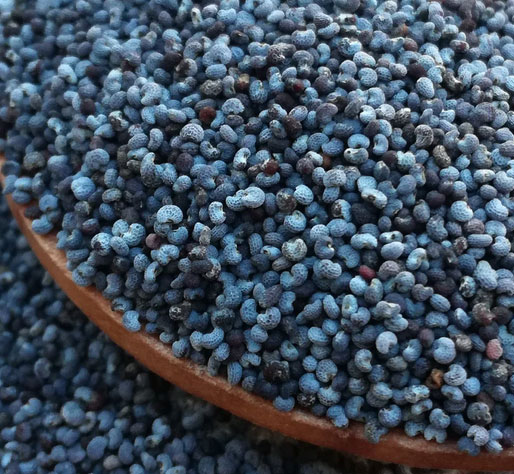



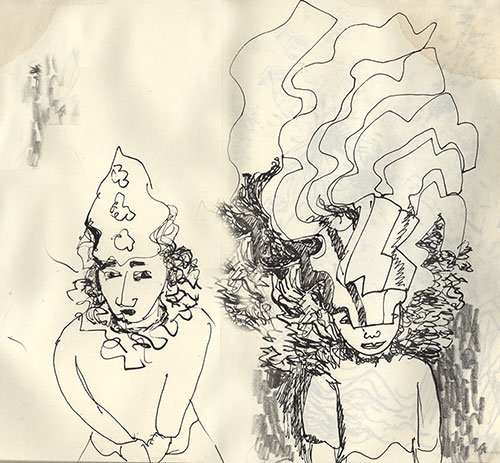
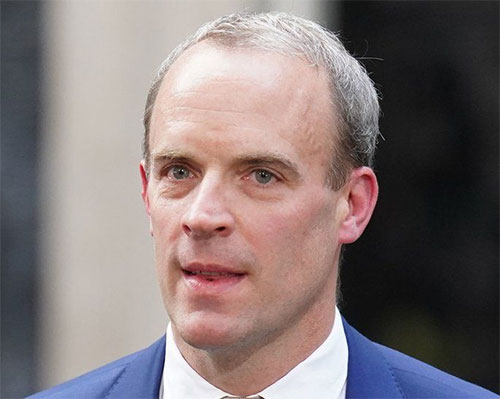
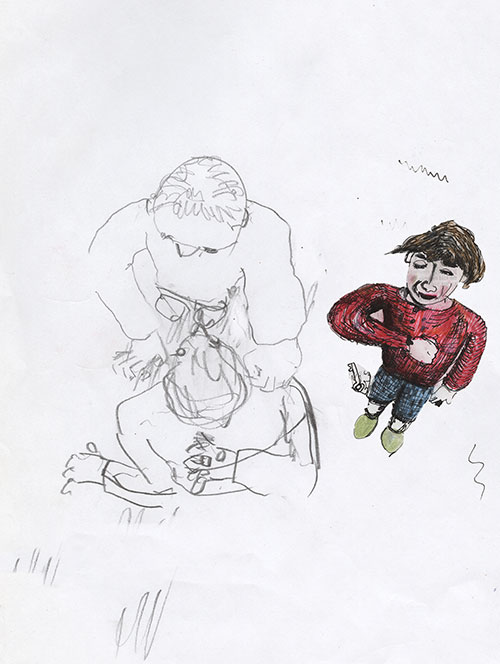


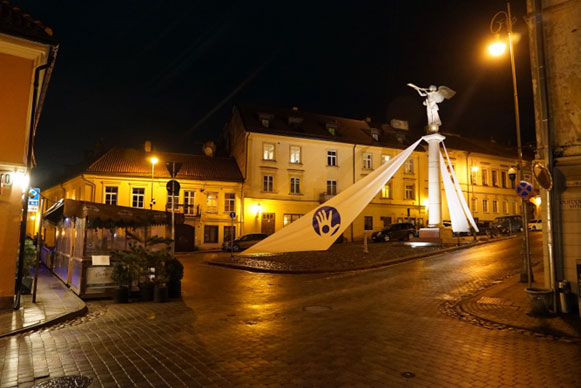
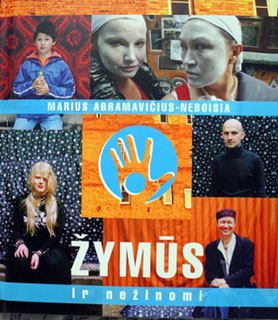
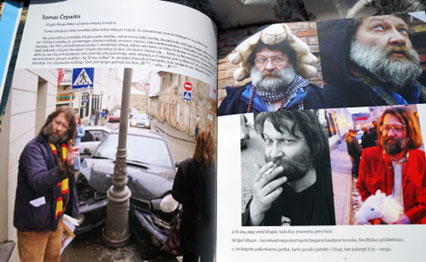
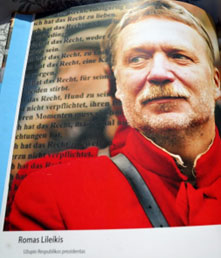
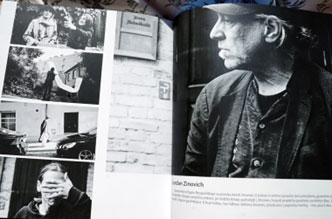
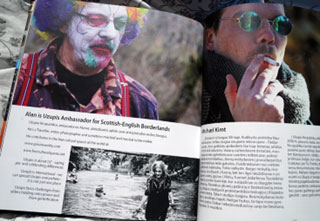

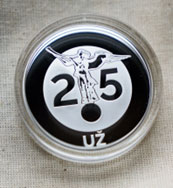
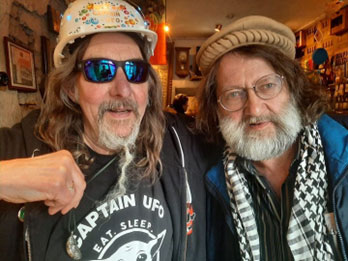
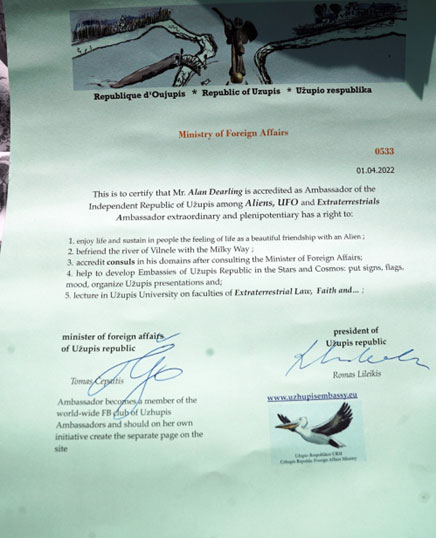
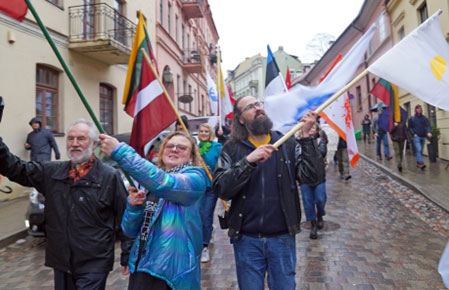
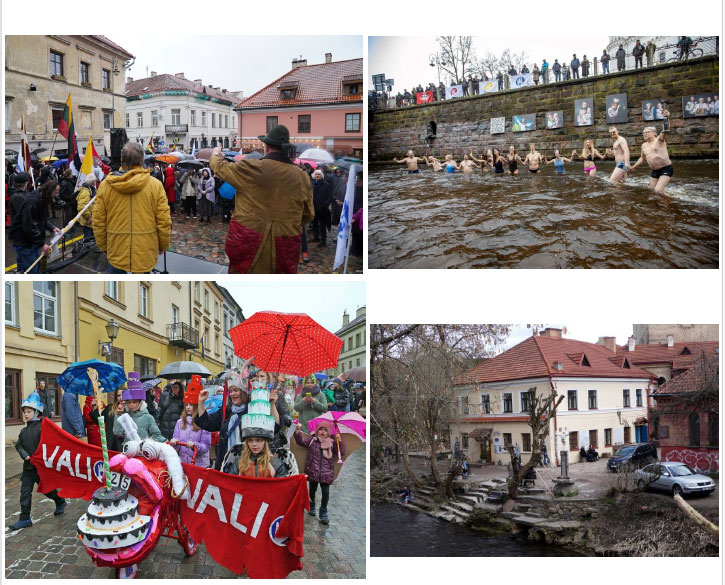
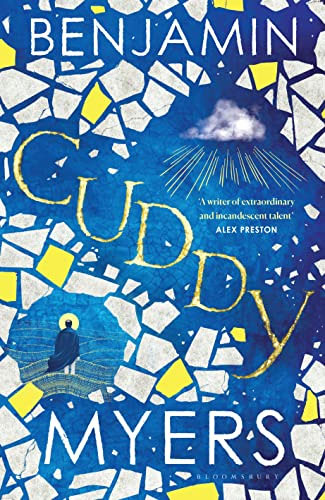
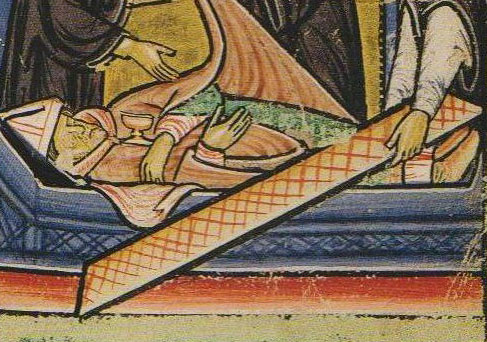
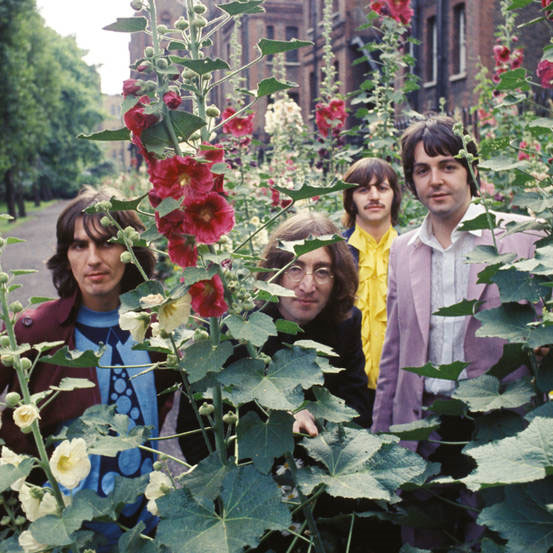
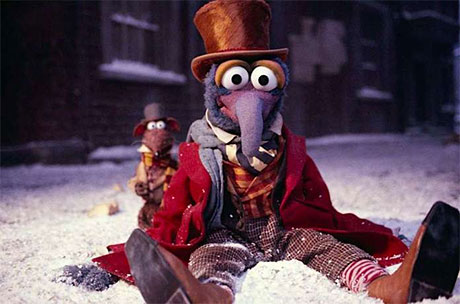



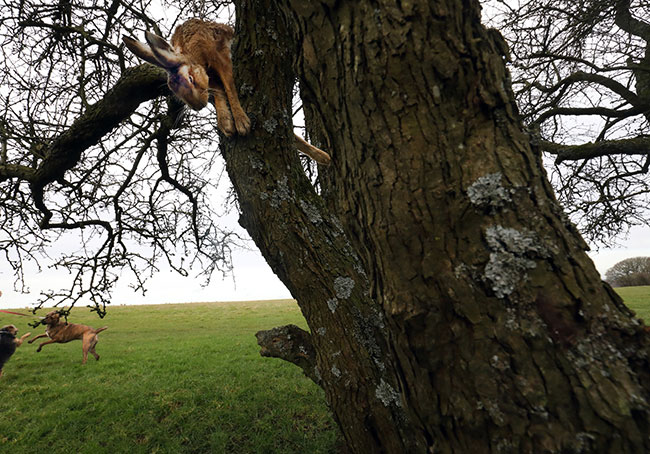
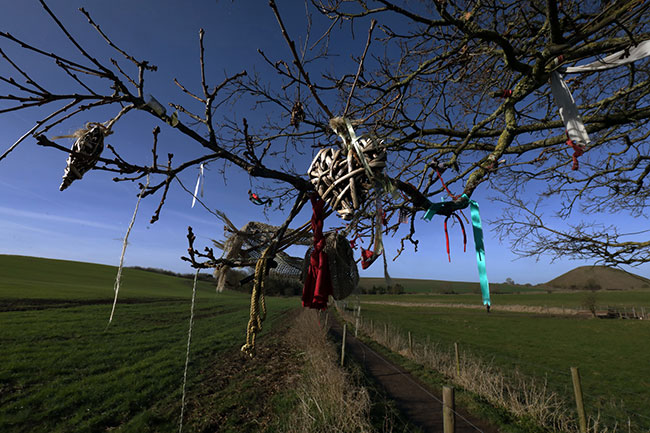
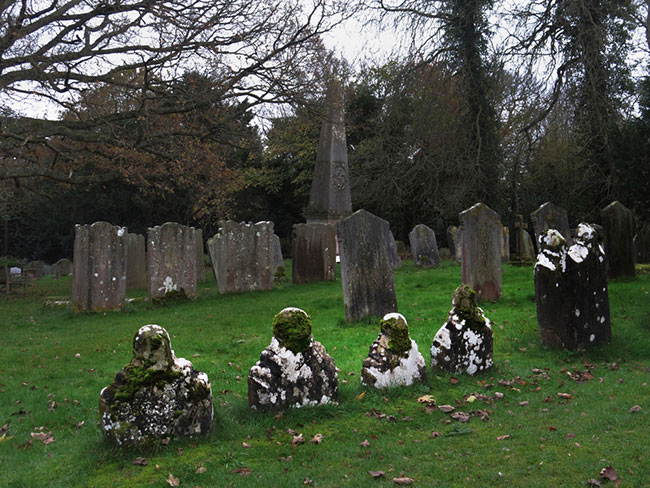
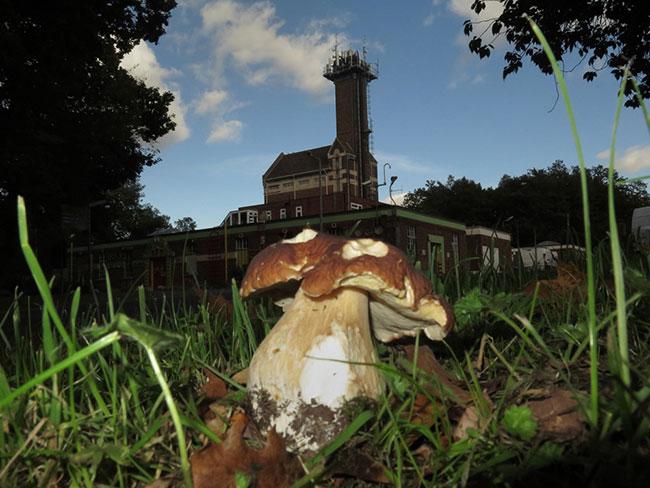
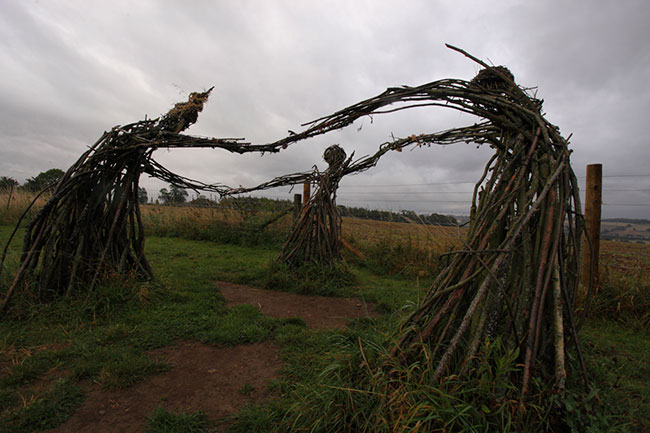
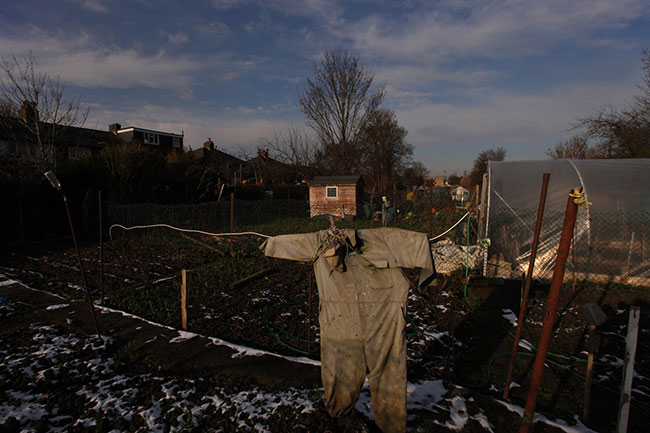
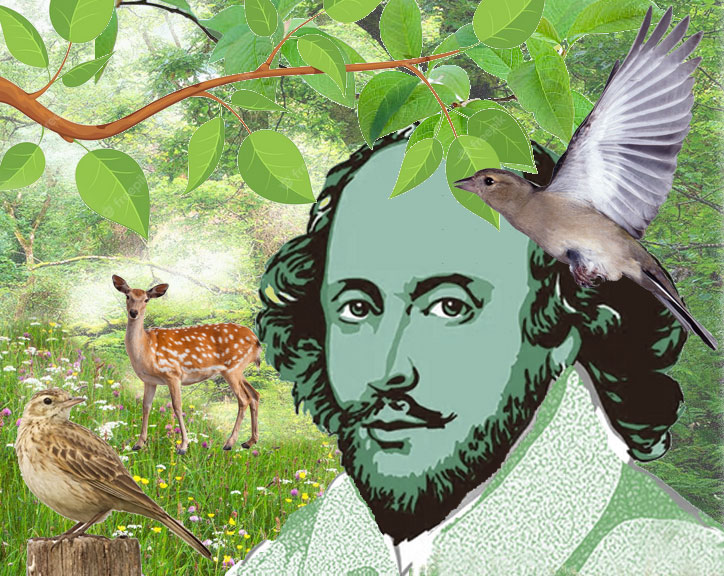
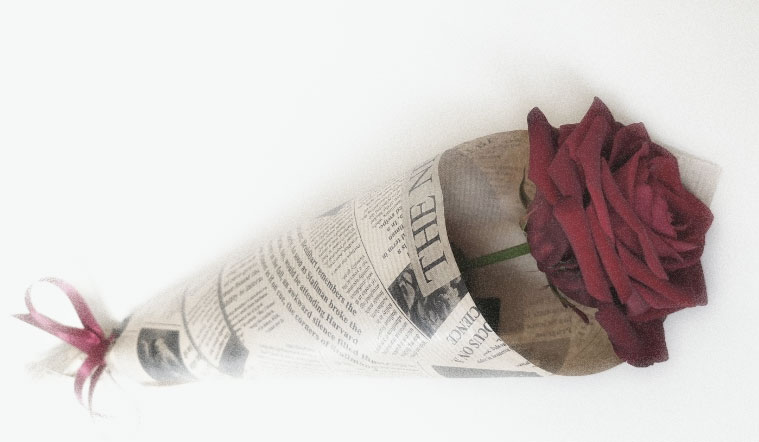
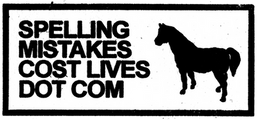

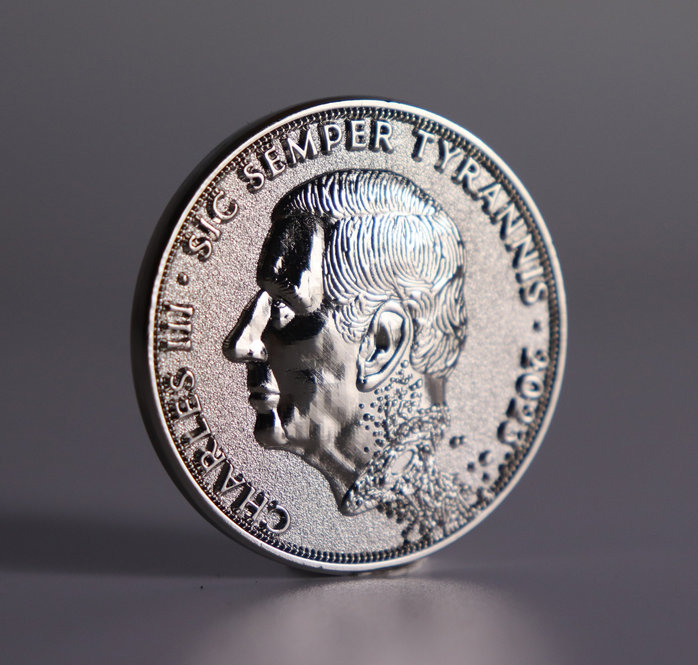
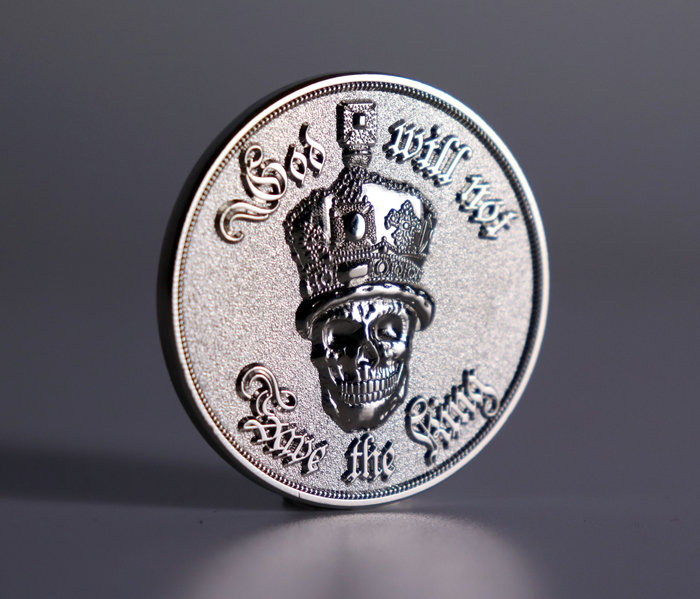 Finally got the proper version of these God Will Not Save the King commemorative coins in time for the coronation. All the preorders went out already, but if anyone else wants one
Finally got the proper version of these God Will Not Save the King commemorative coins in time for the coronation. All the preorders went out already, but if anyone else wants one 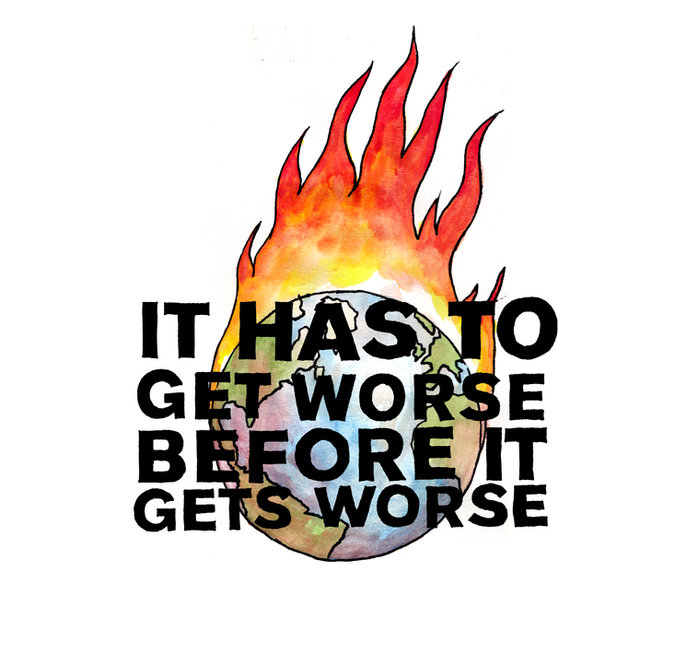


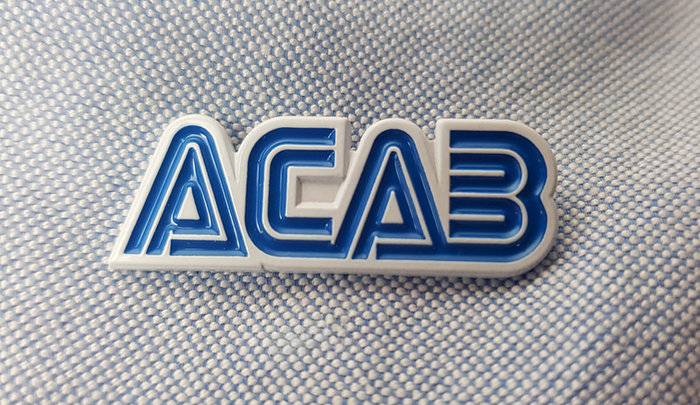
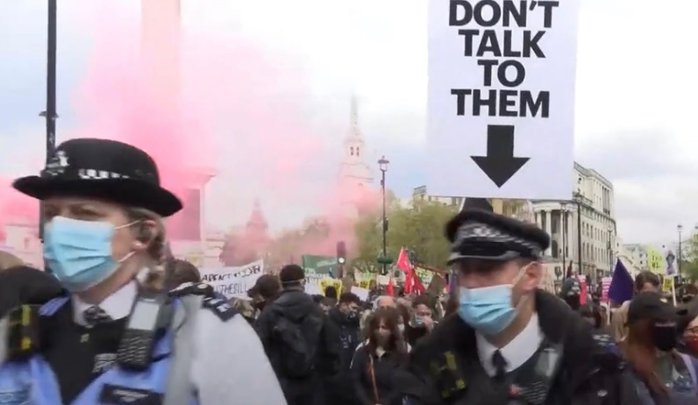



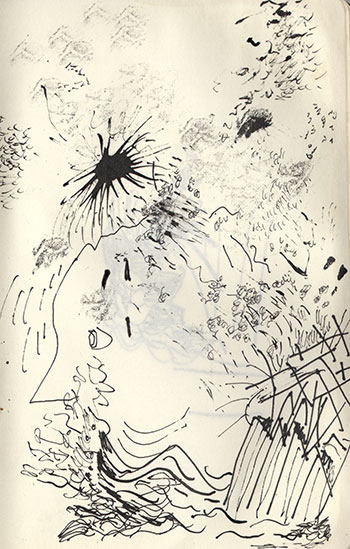

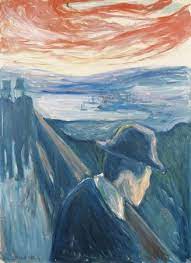

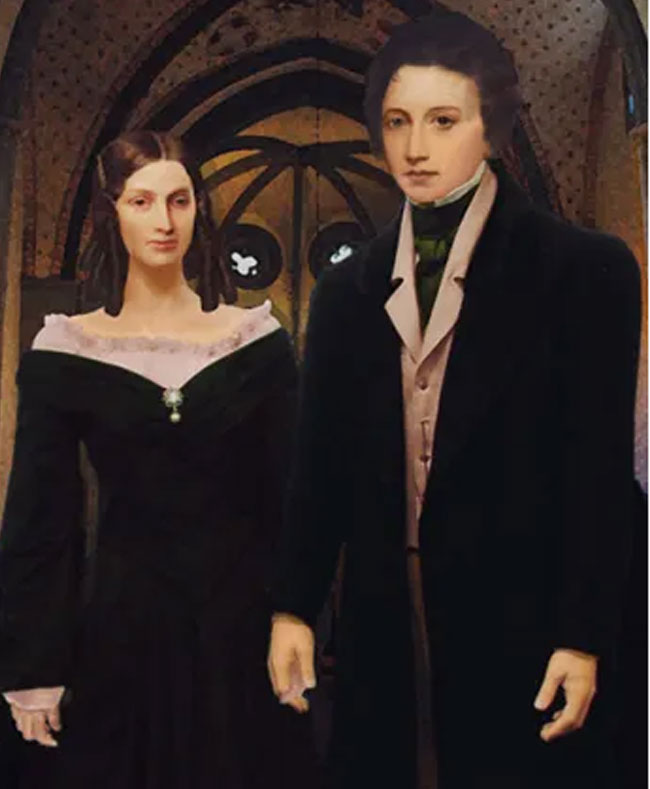
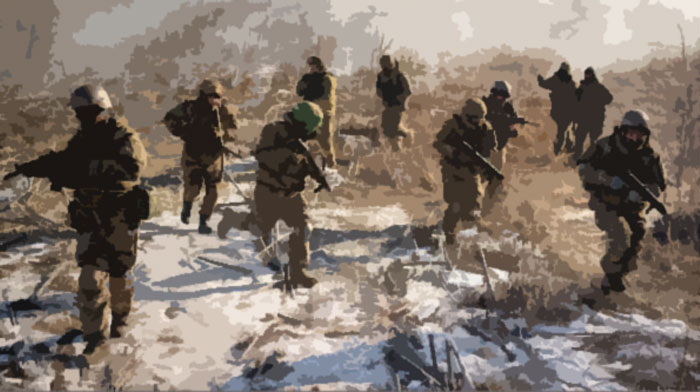

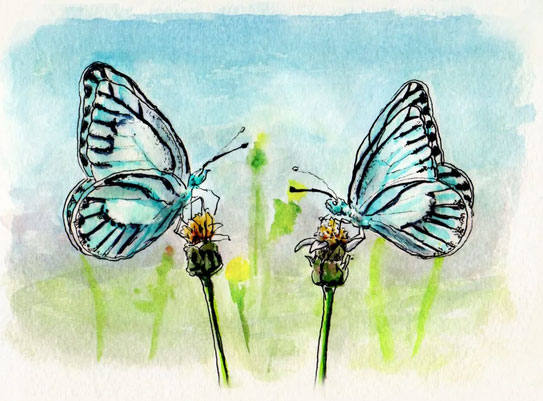

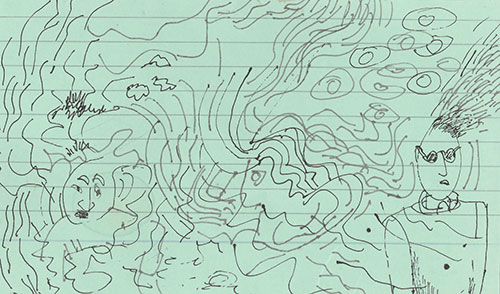
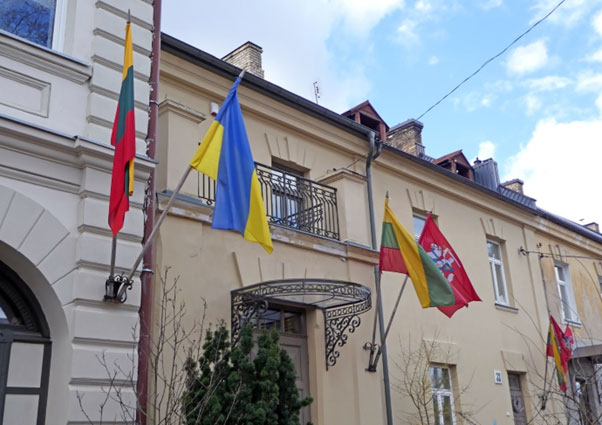
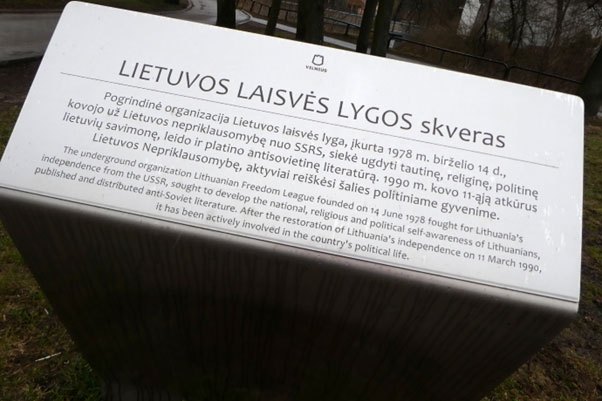
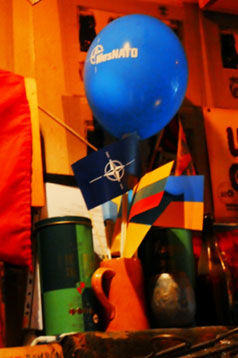

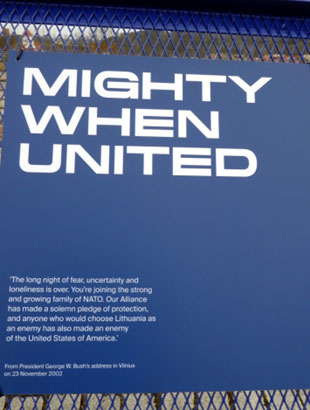

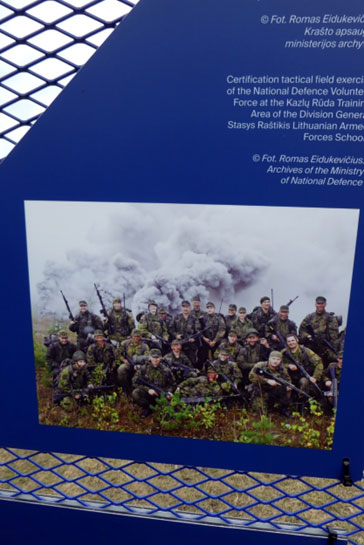

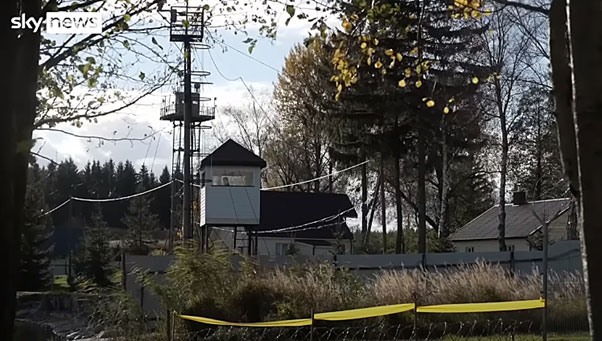
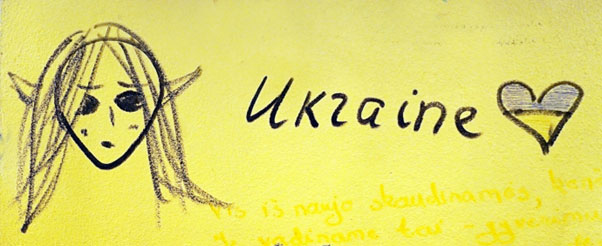

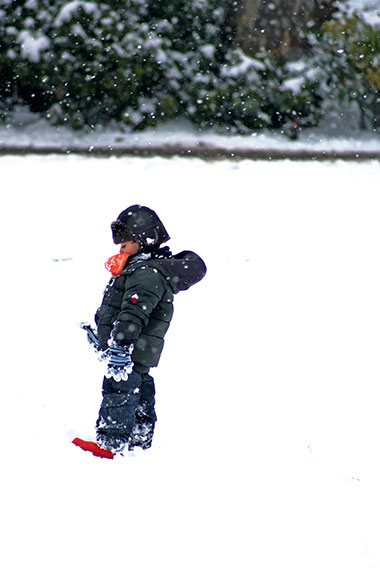
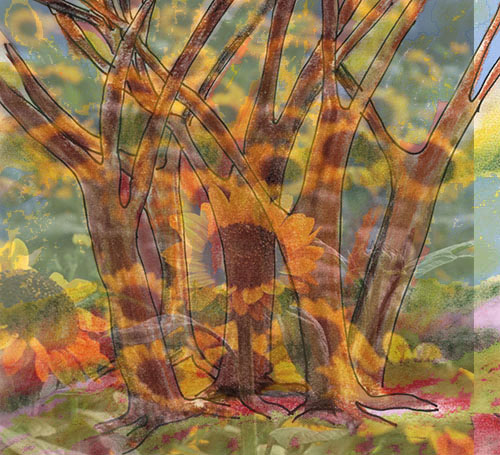

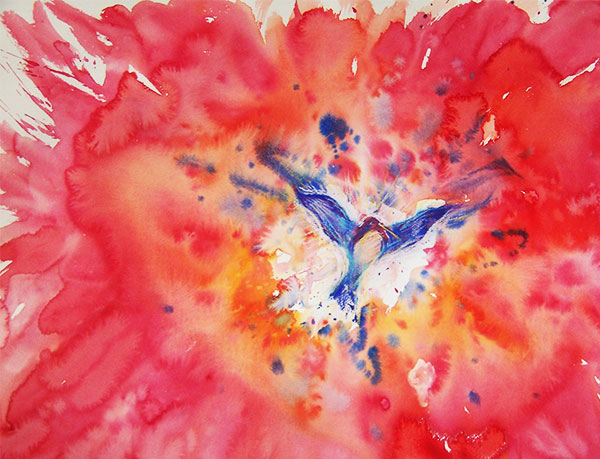
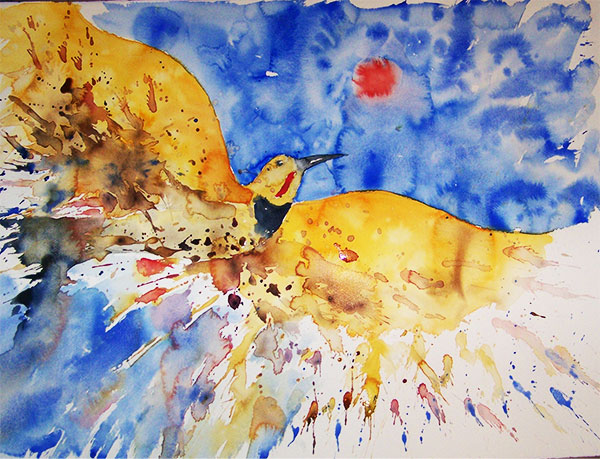
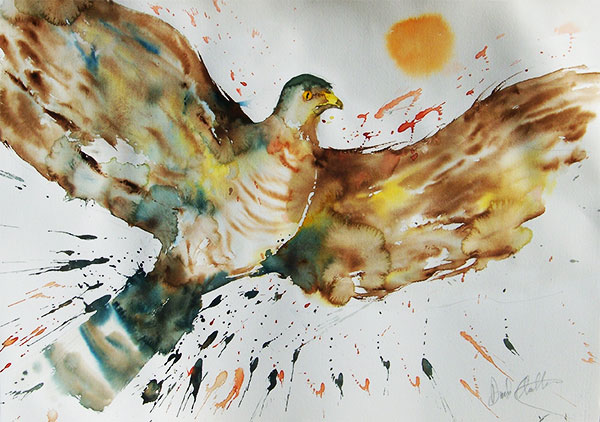

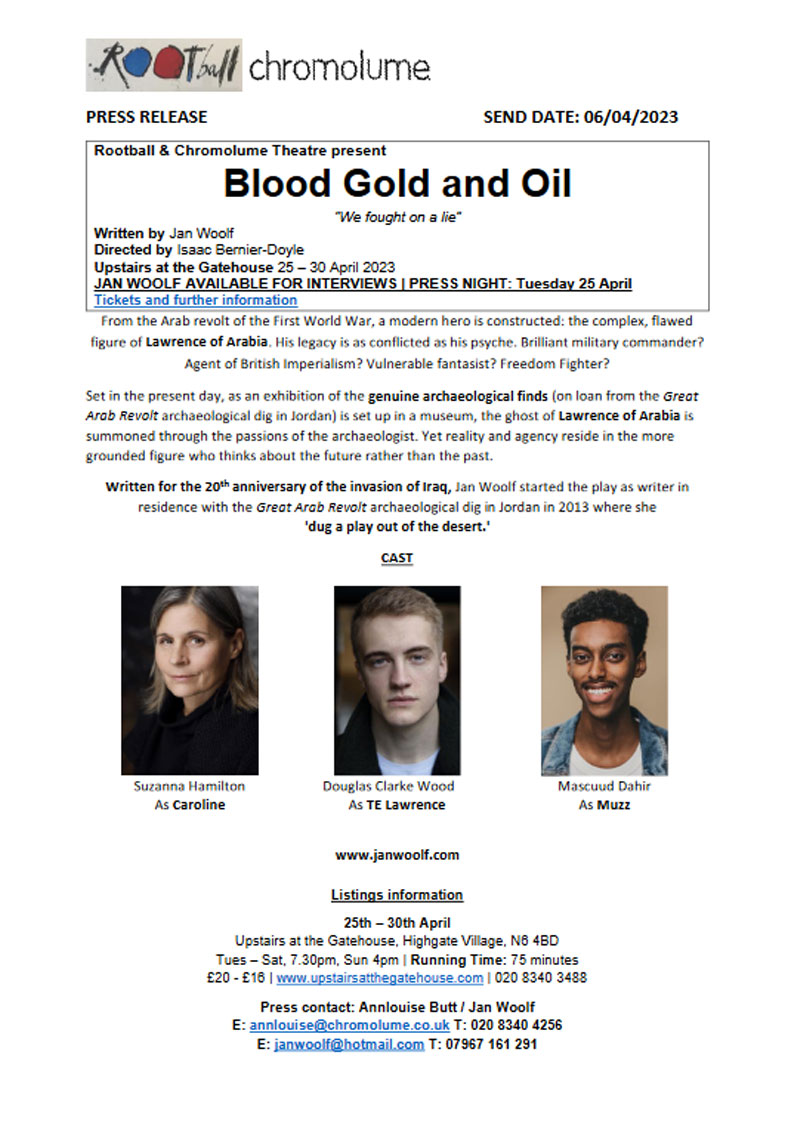
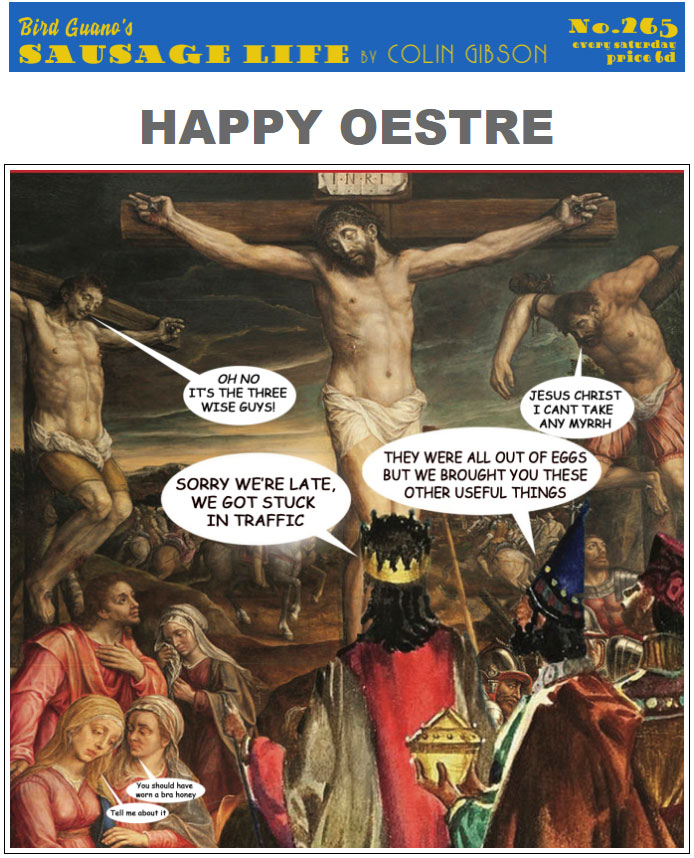










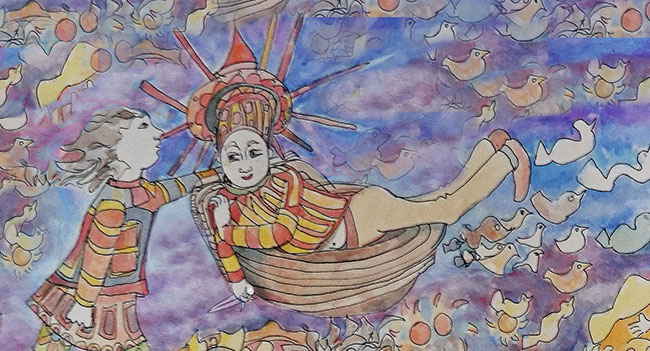
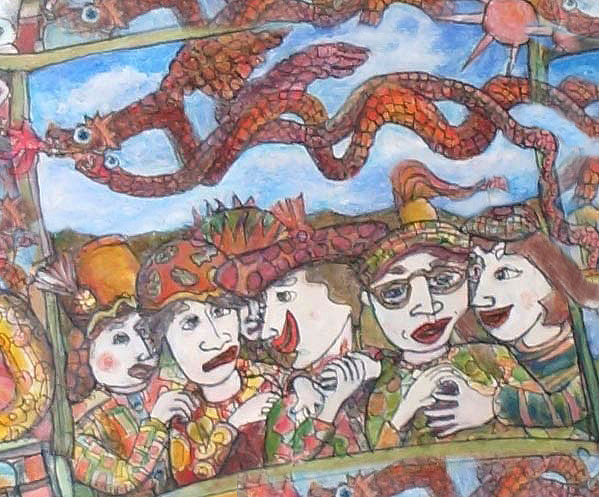
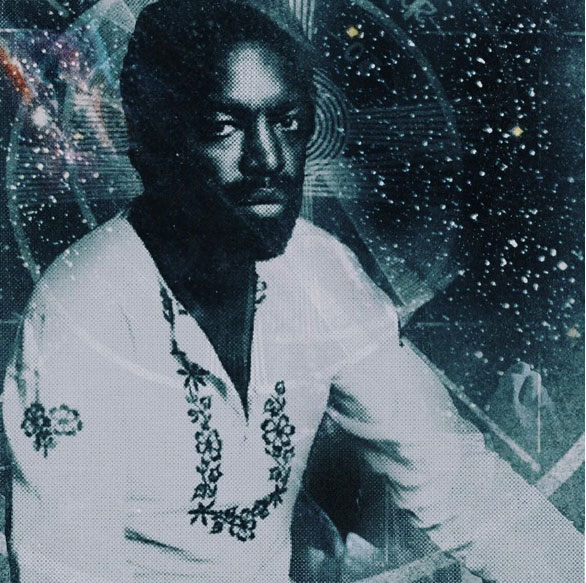
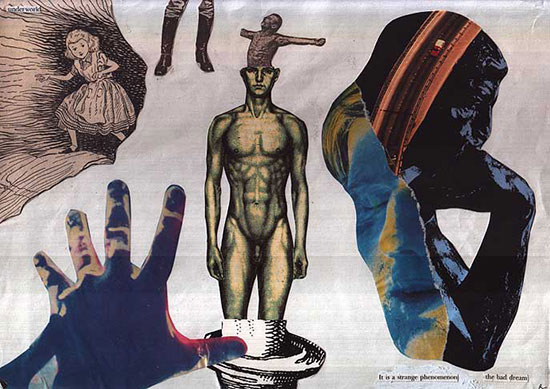

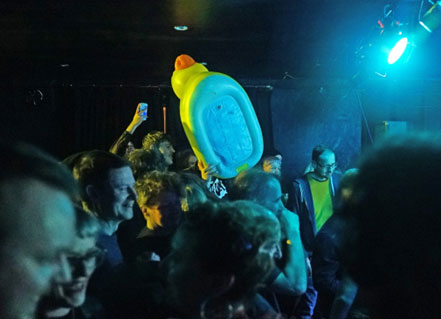
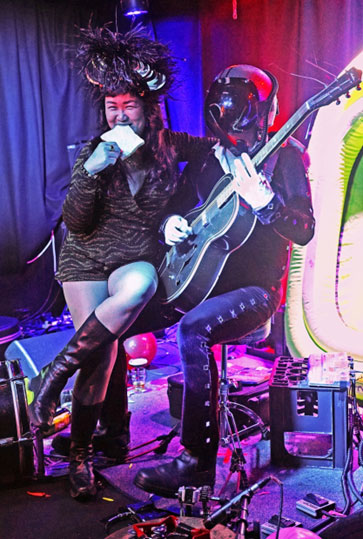
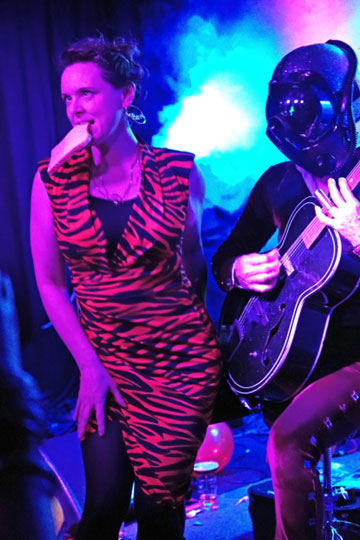






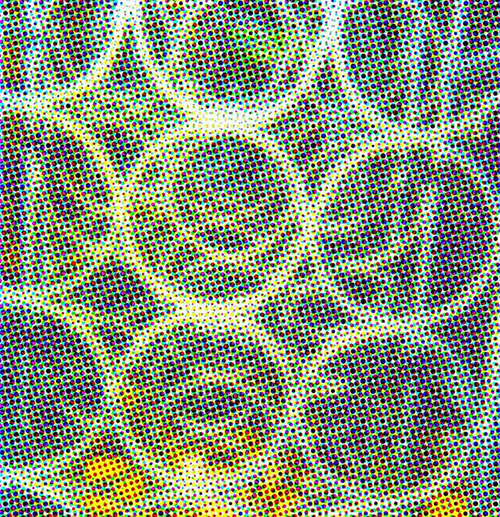


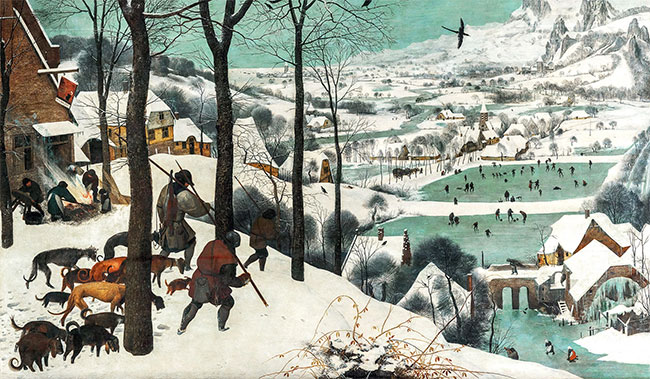

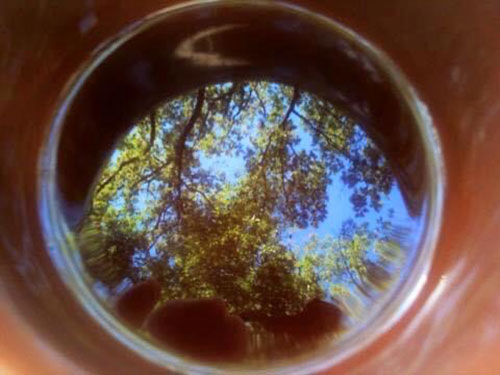
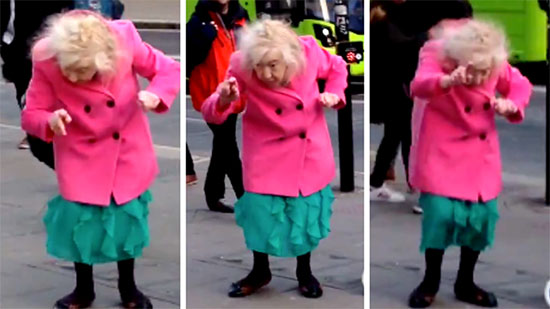



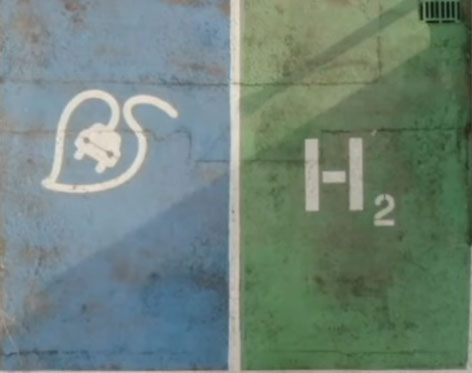


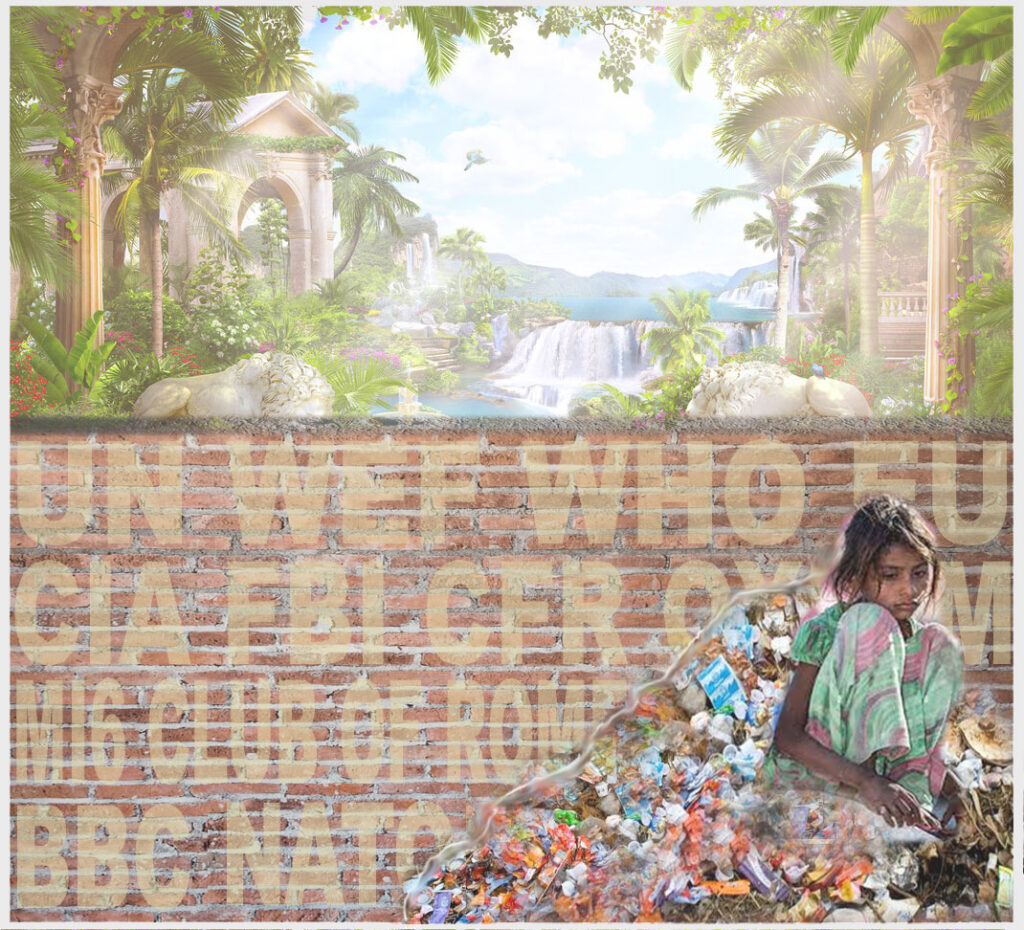


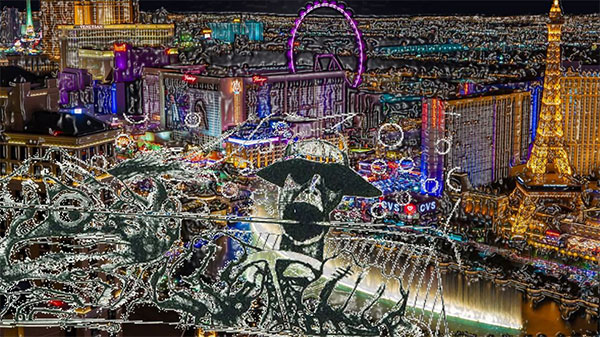

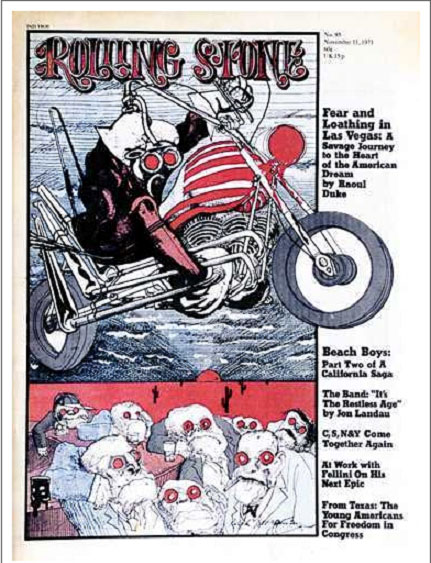
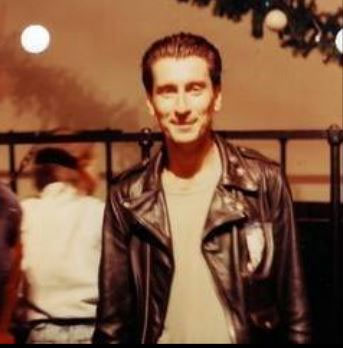
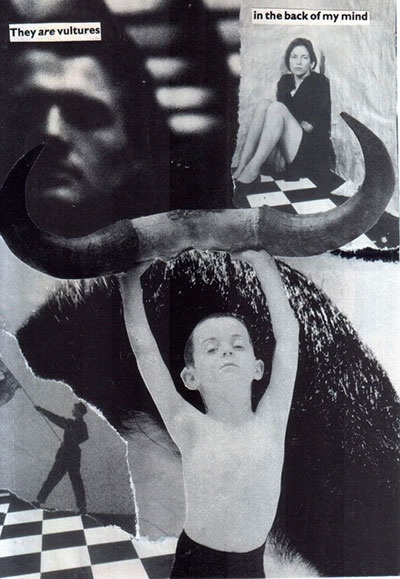







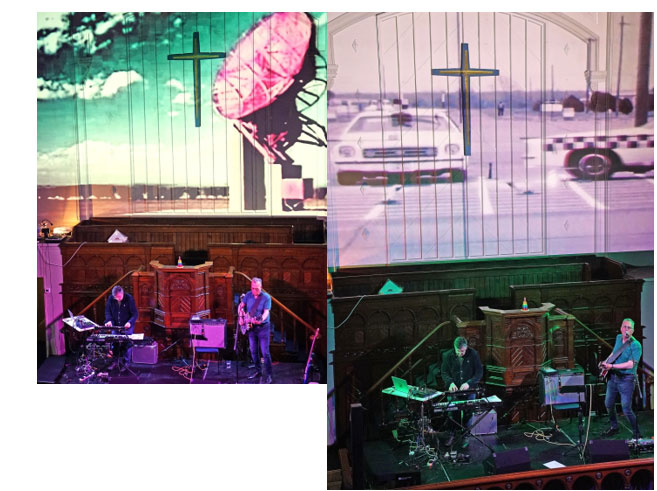

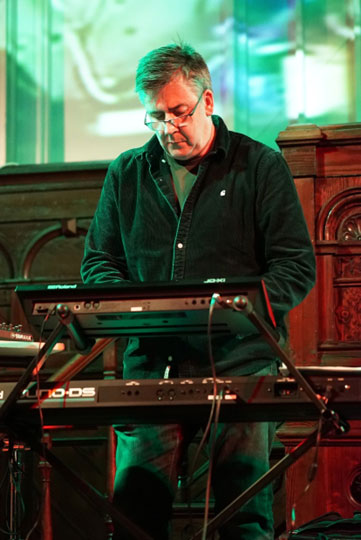
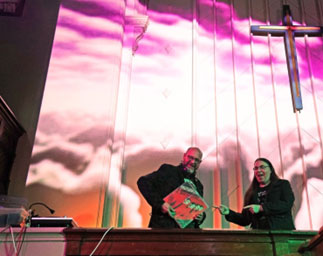

Zephyr George